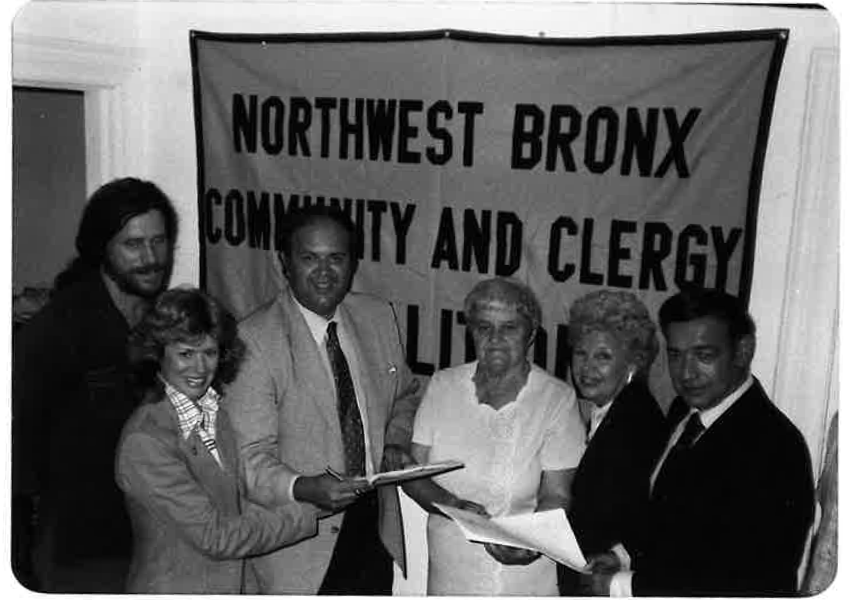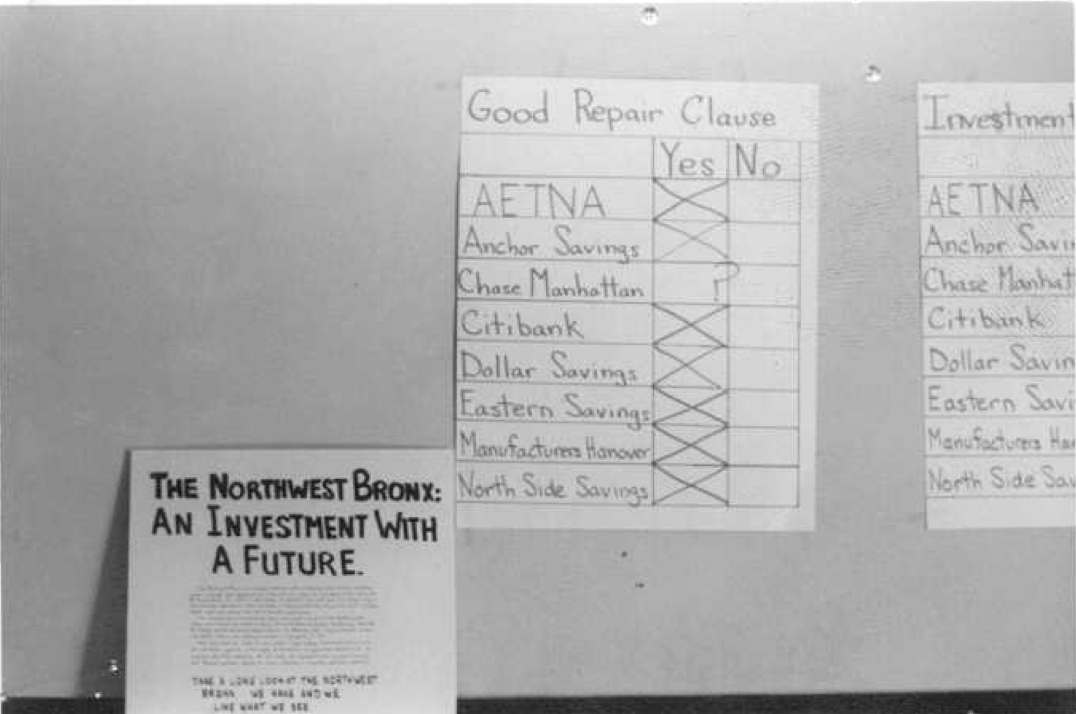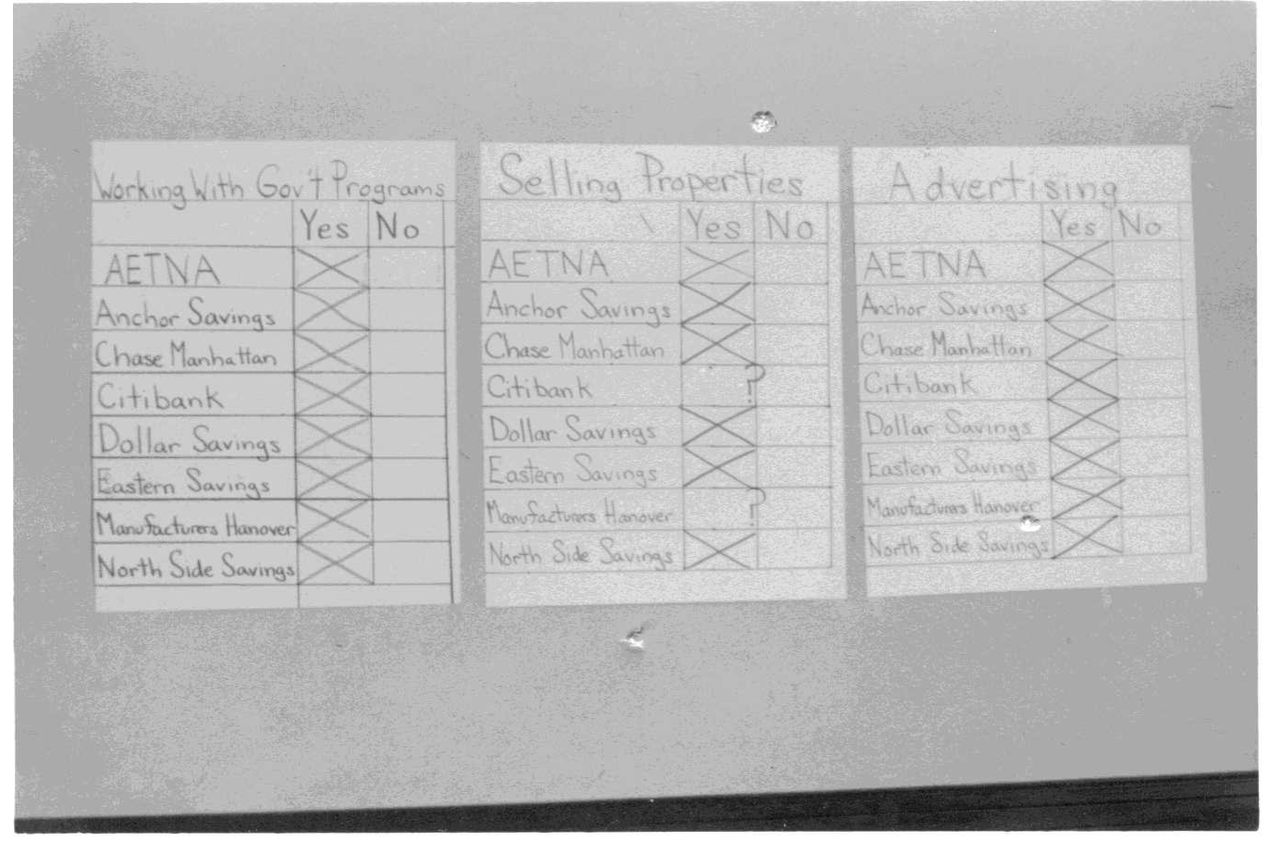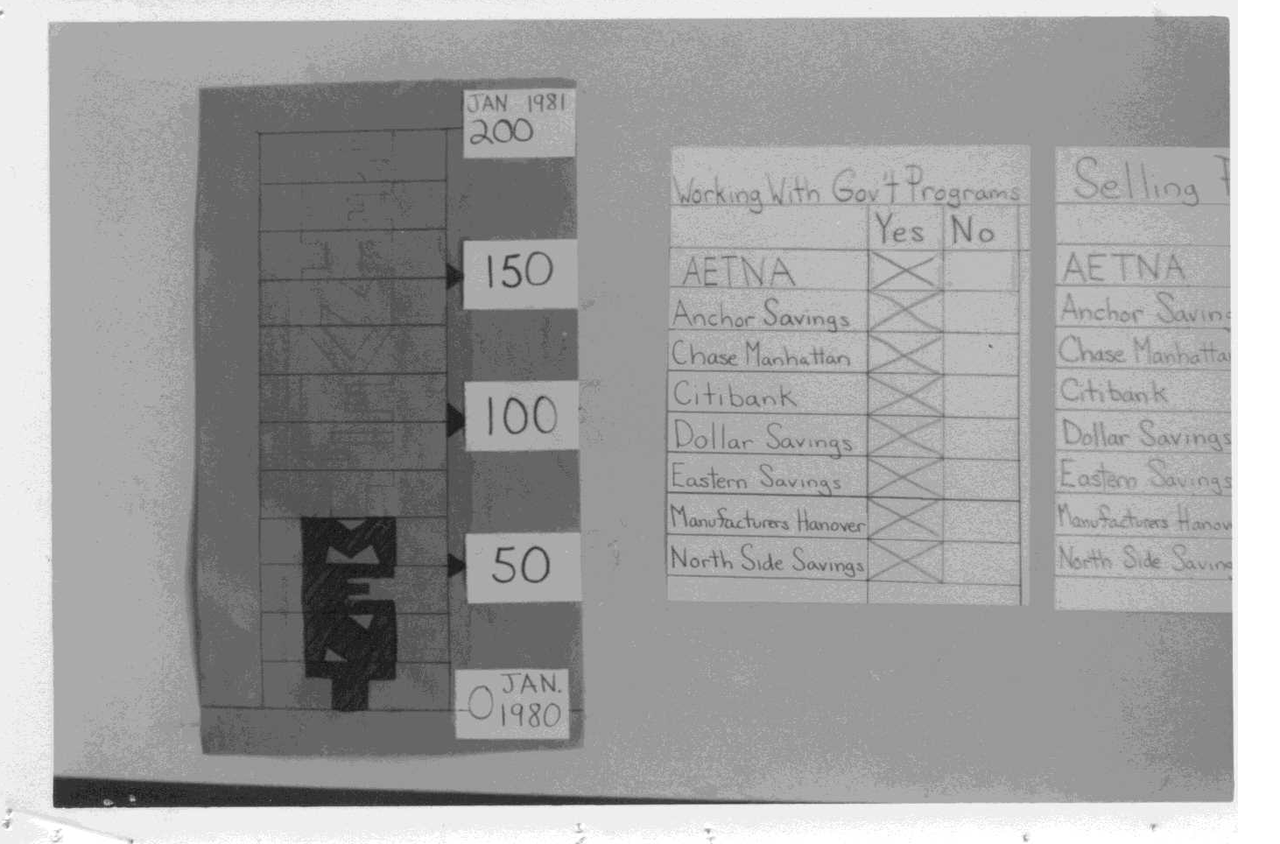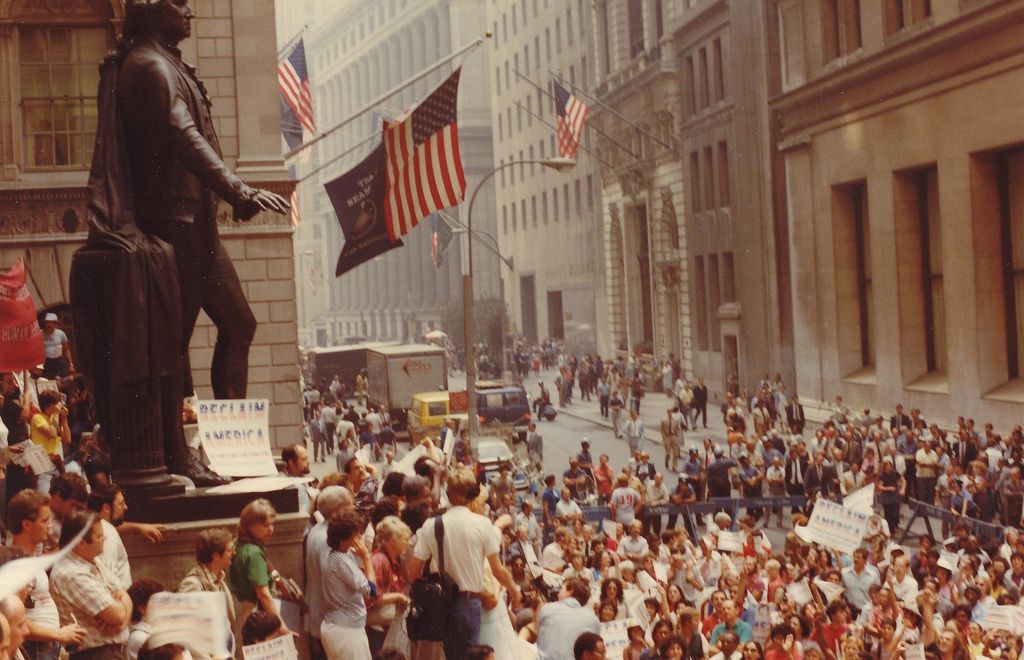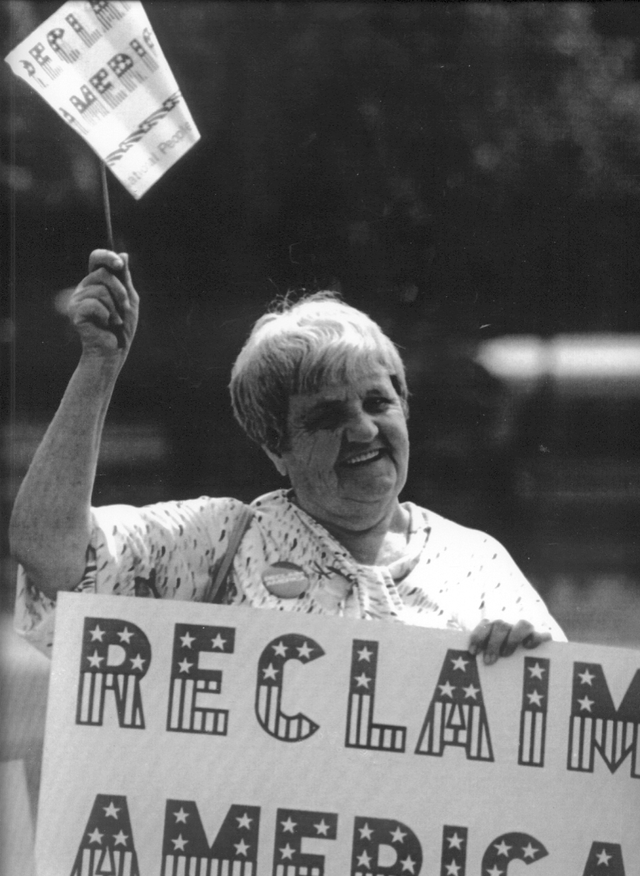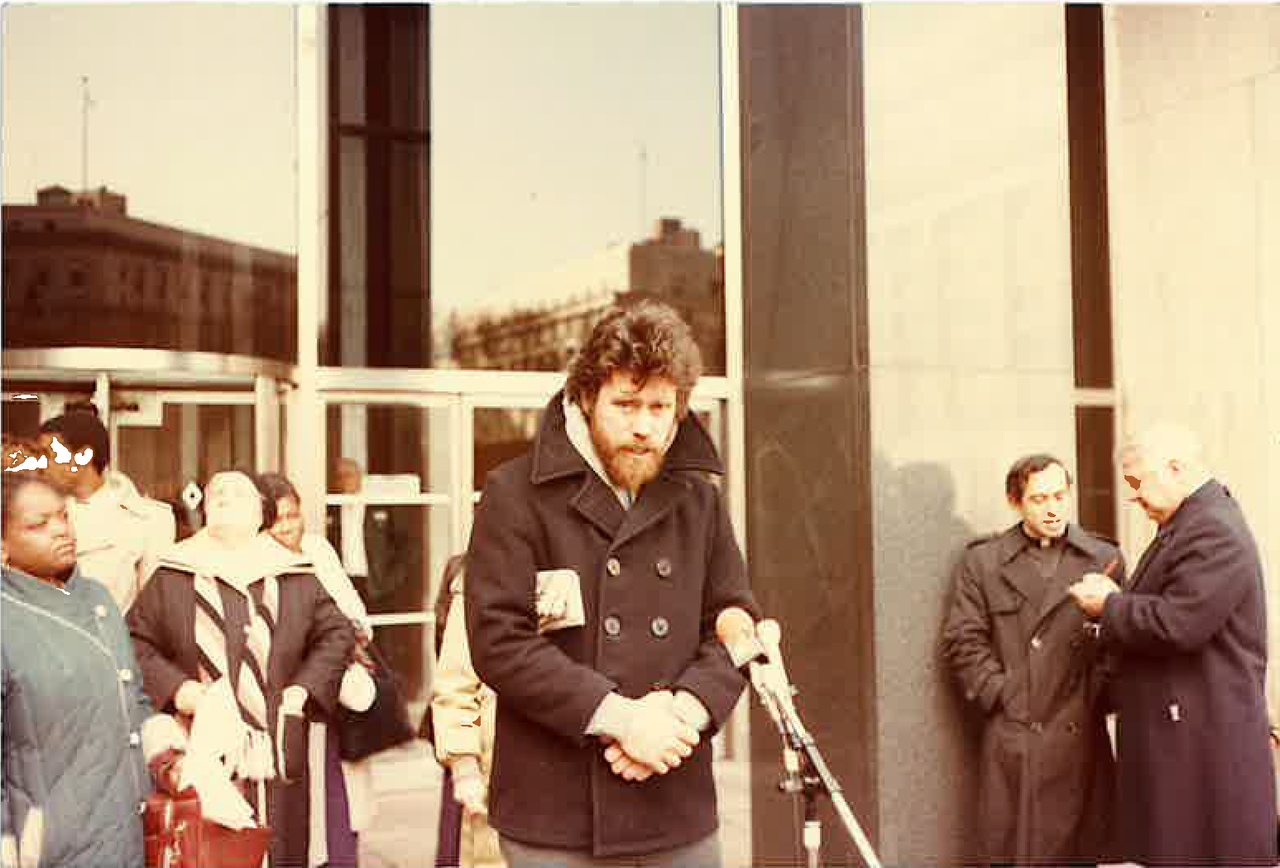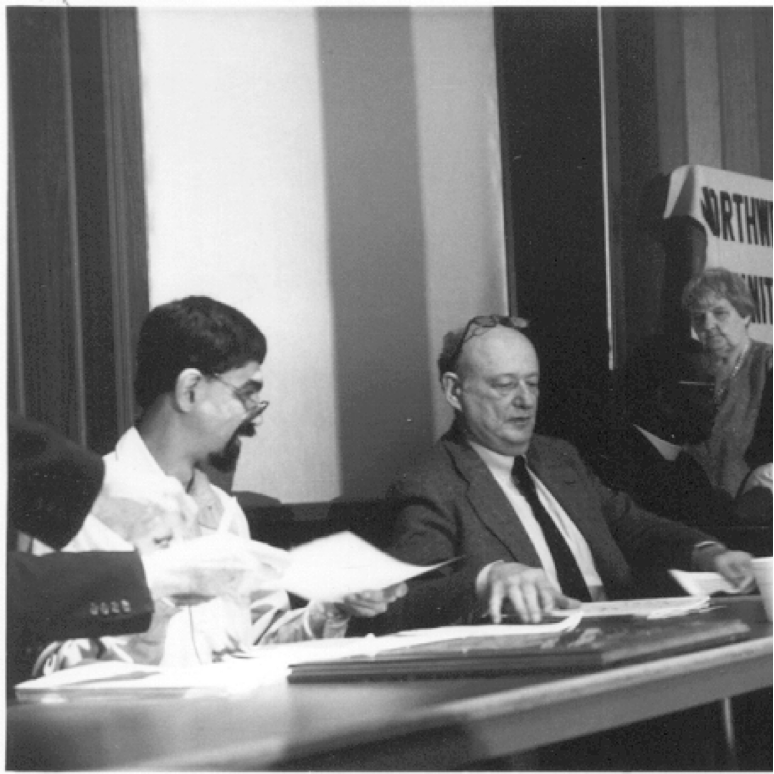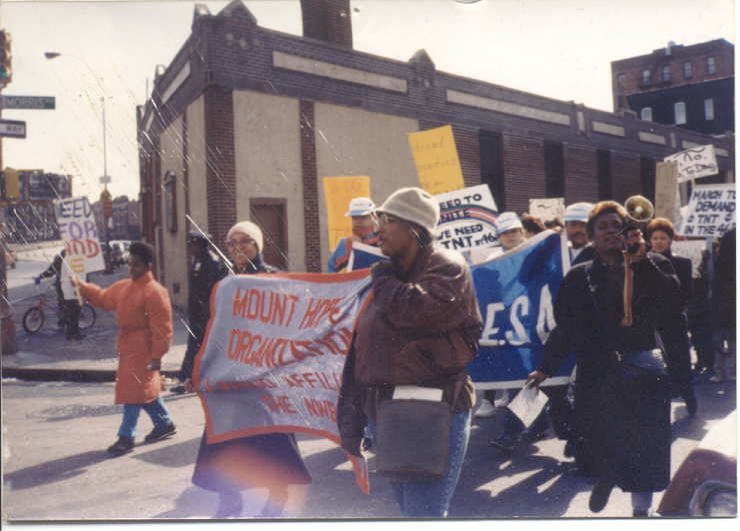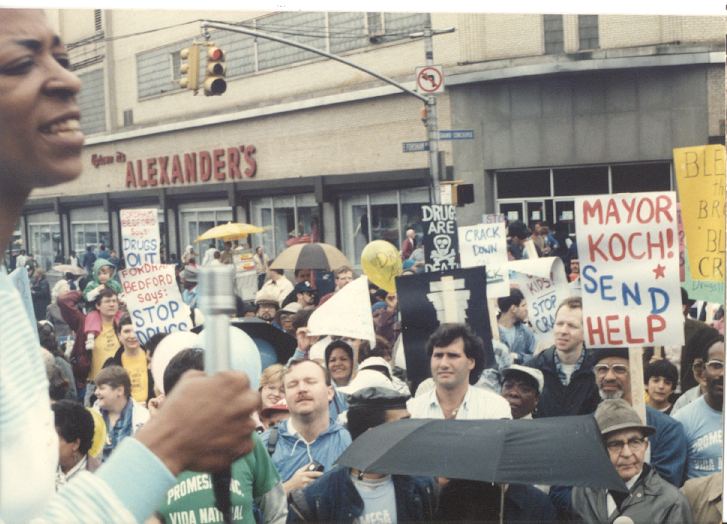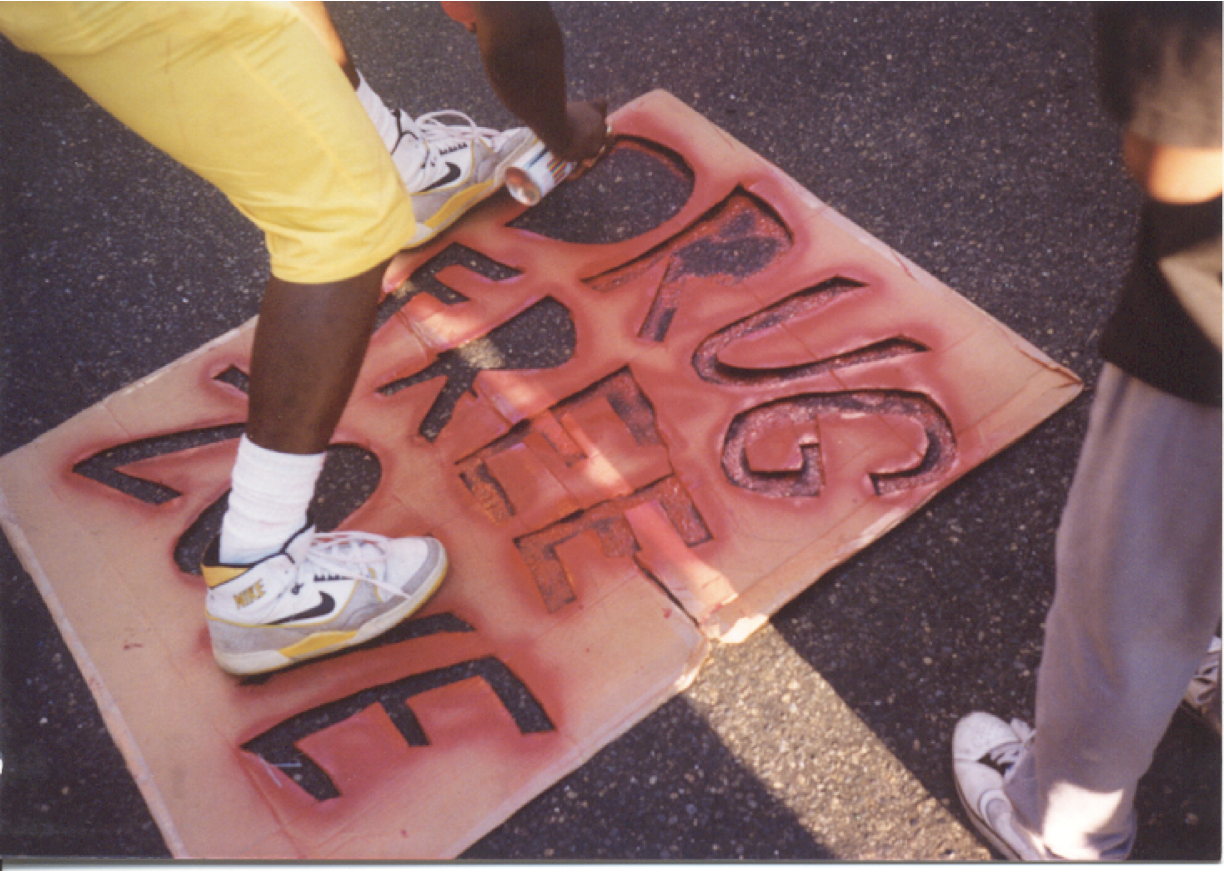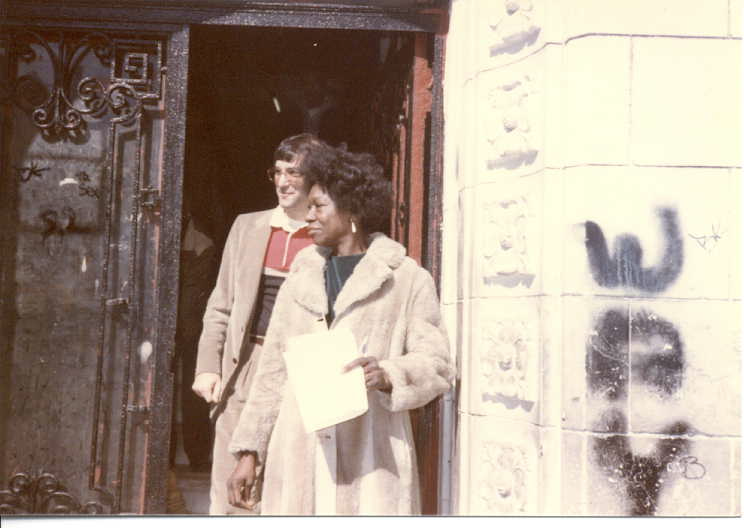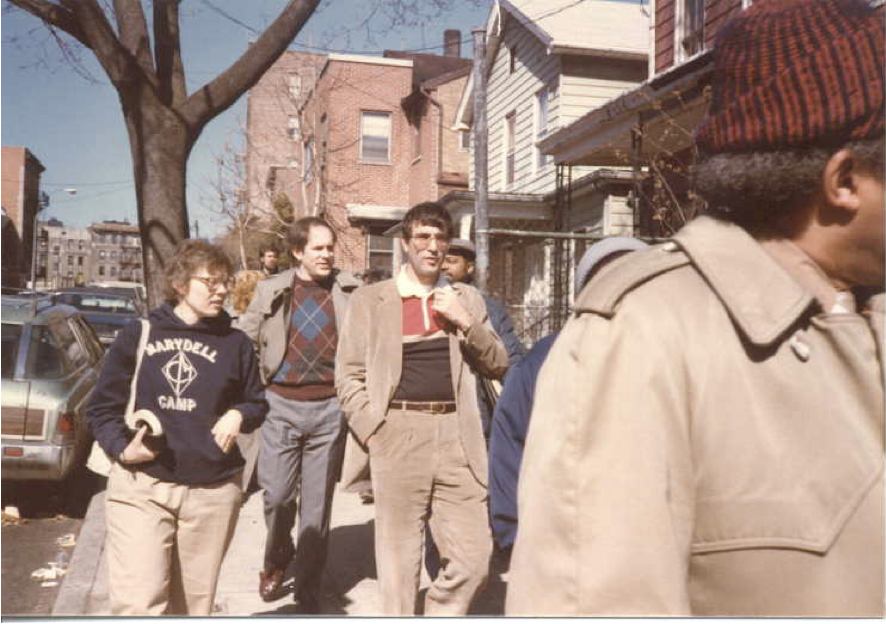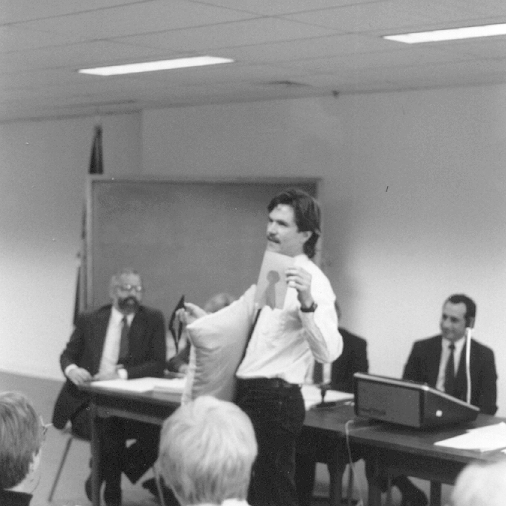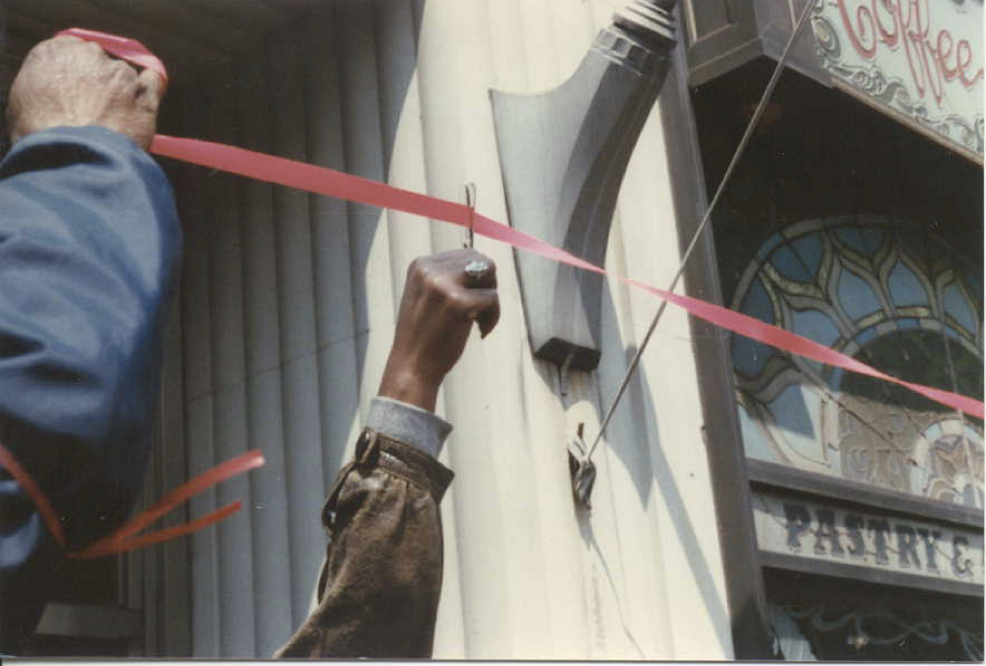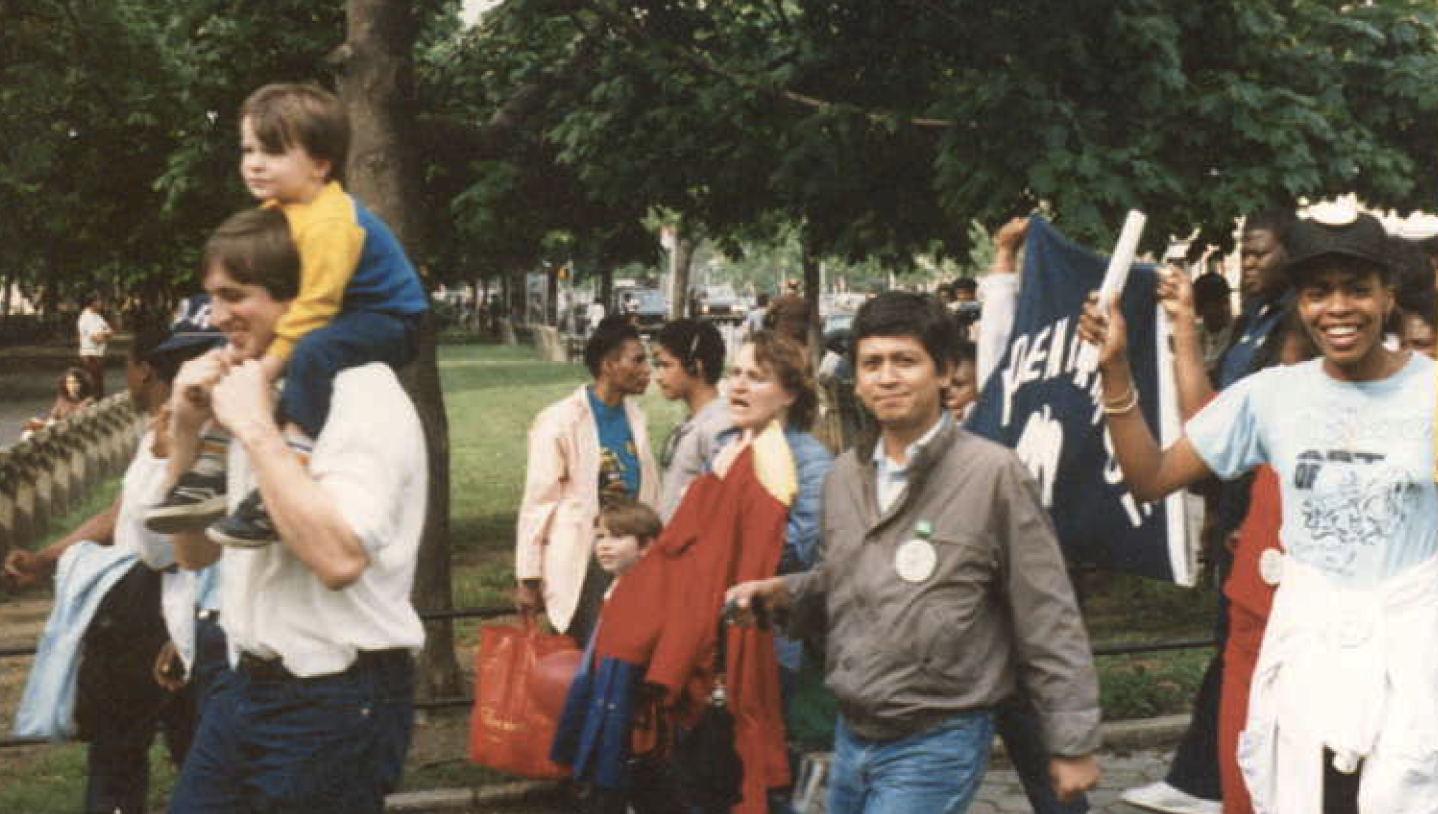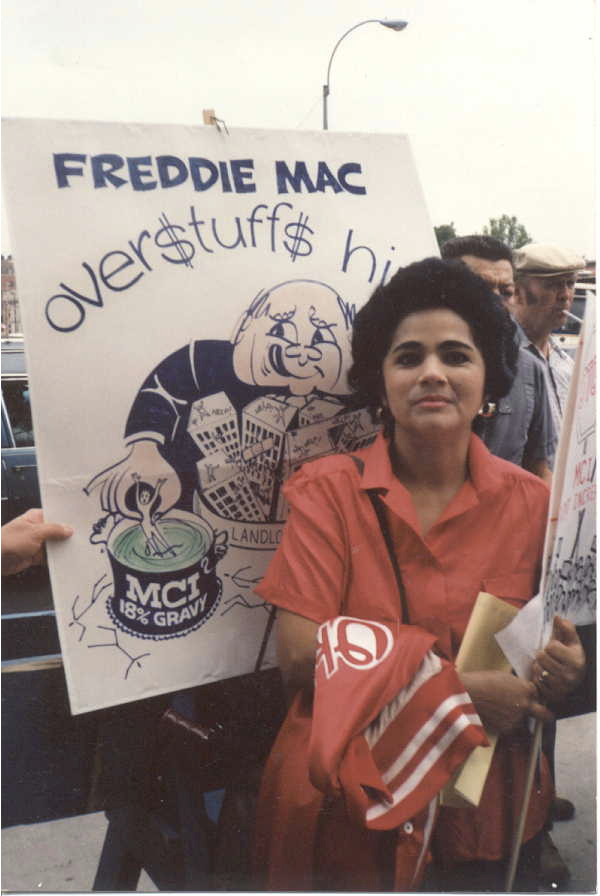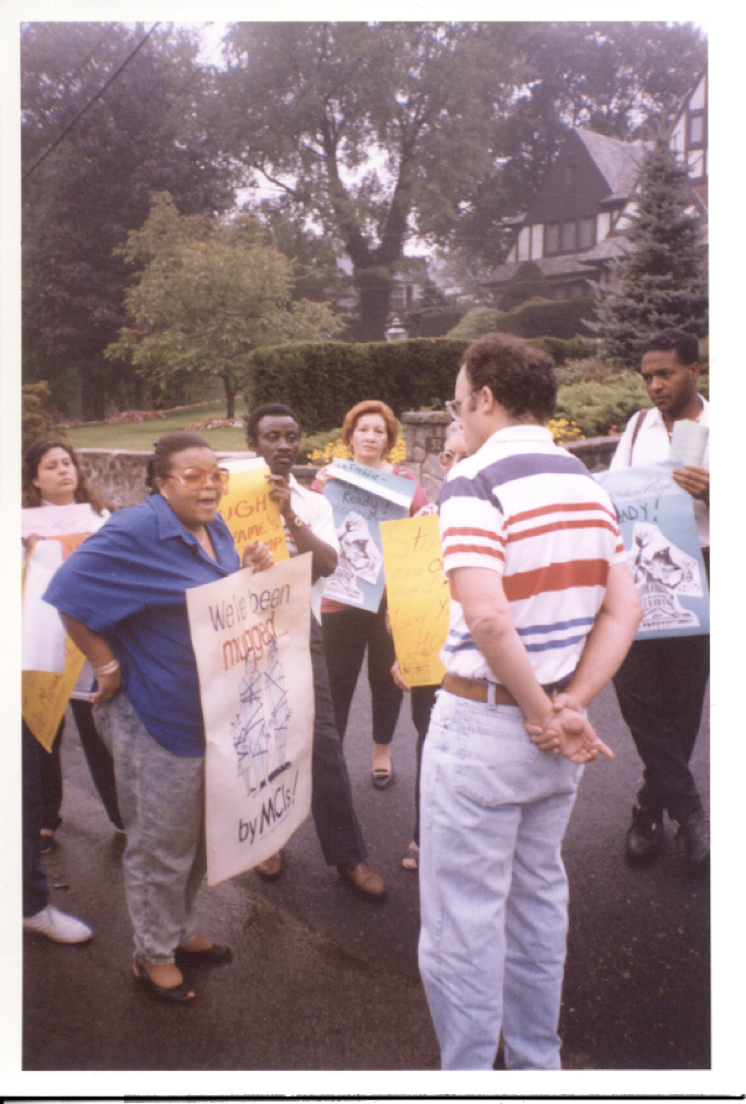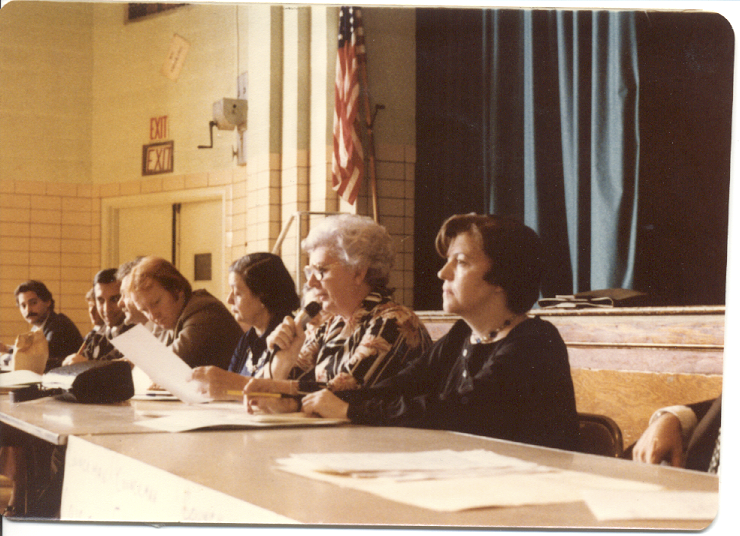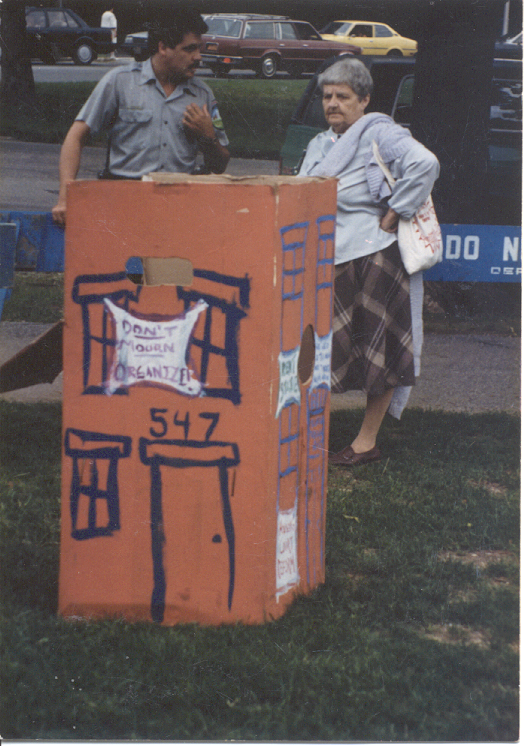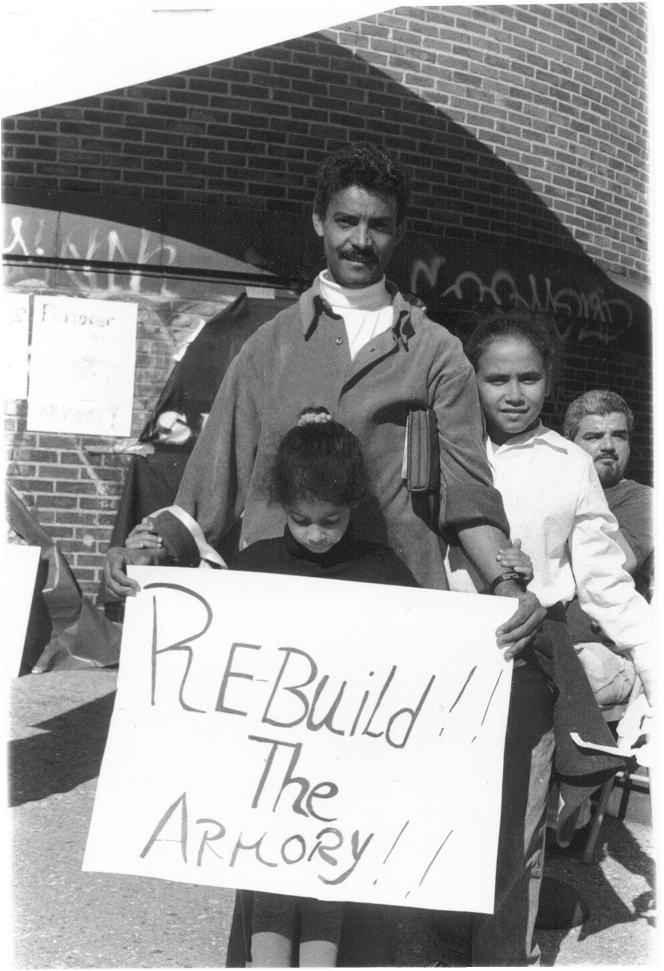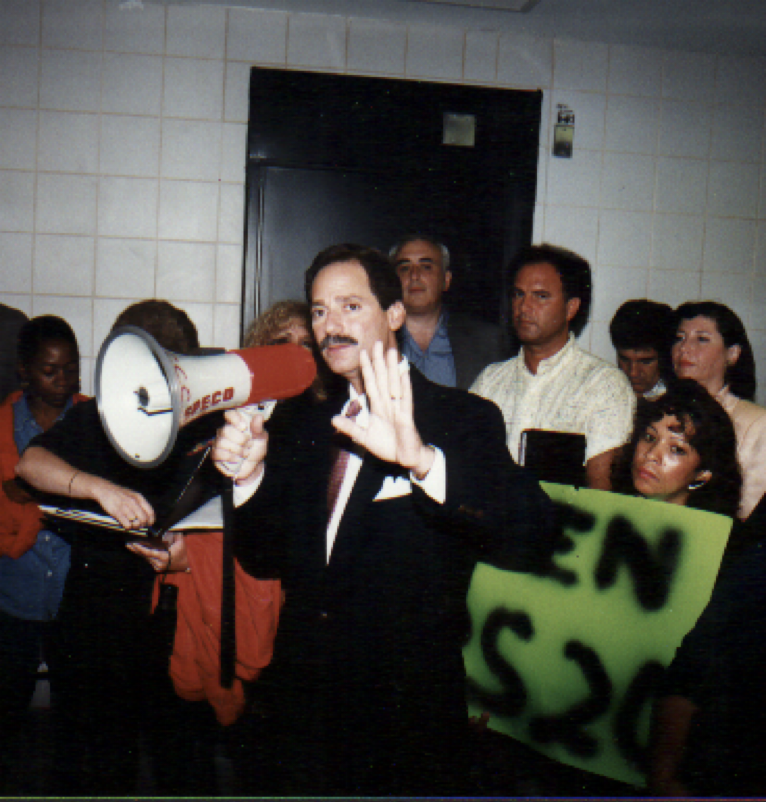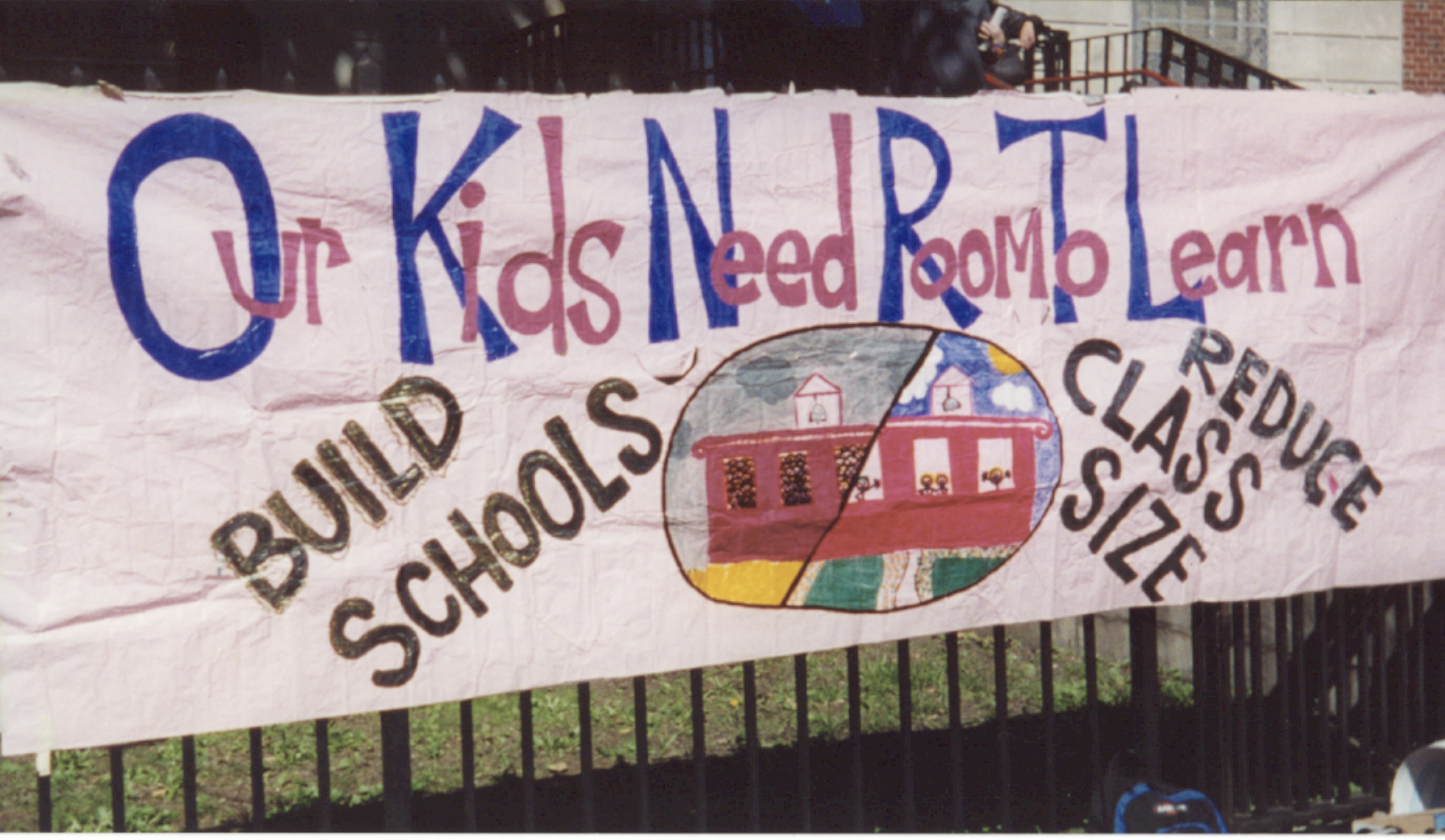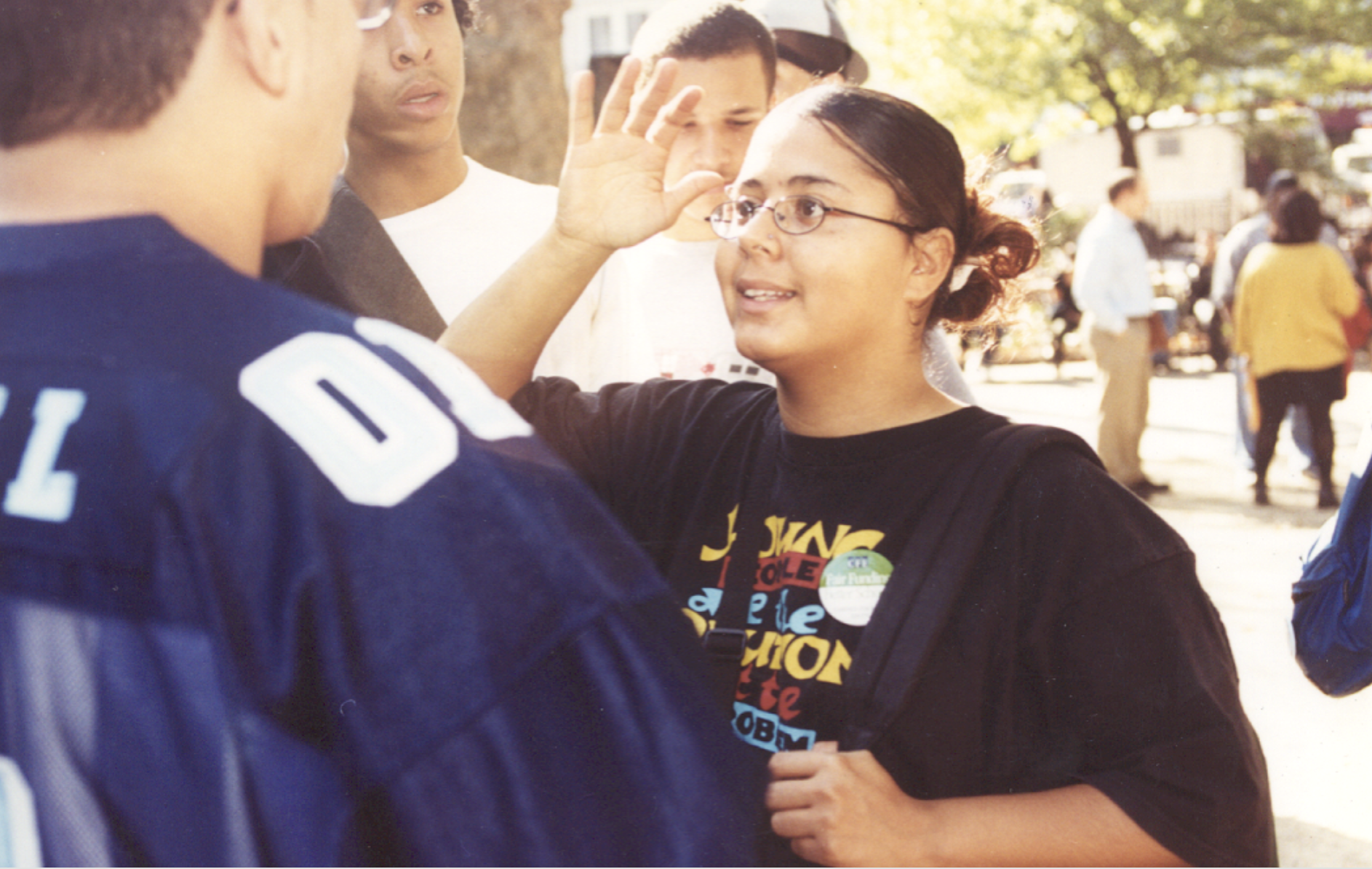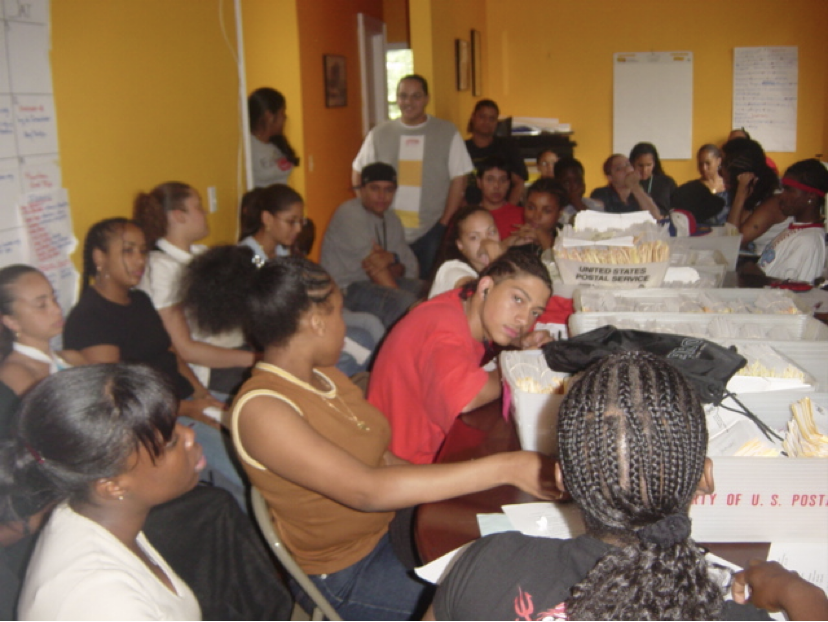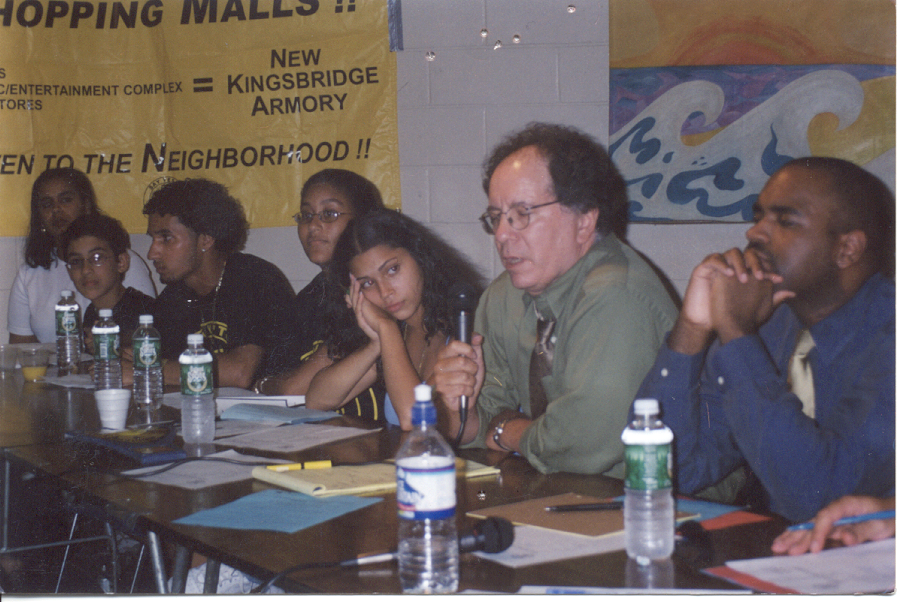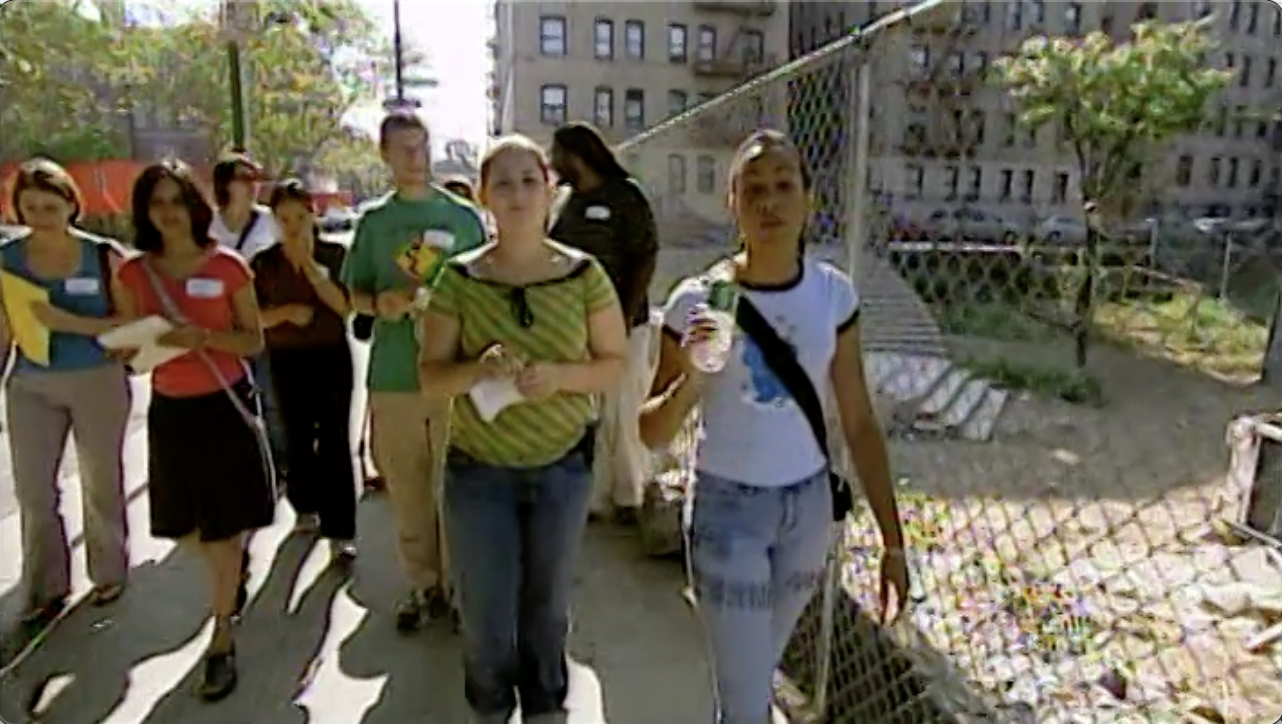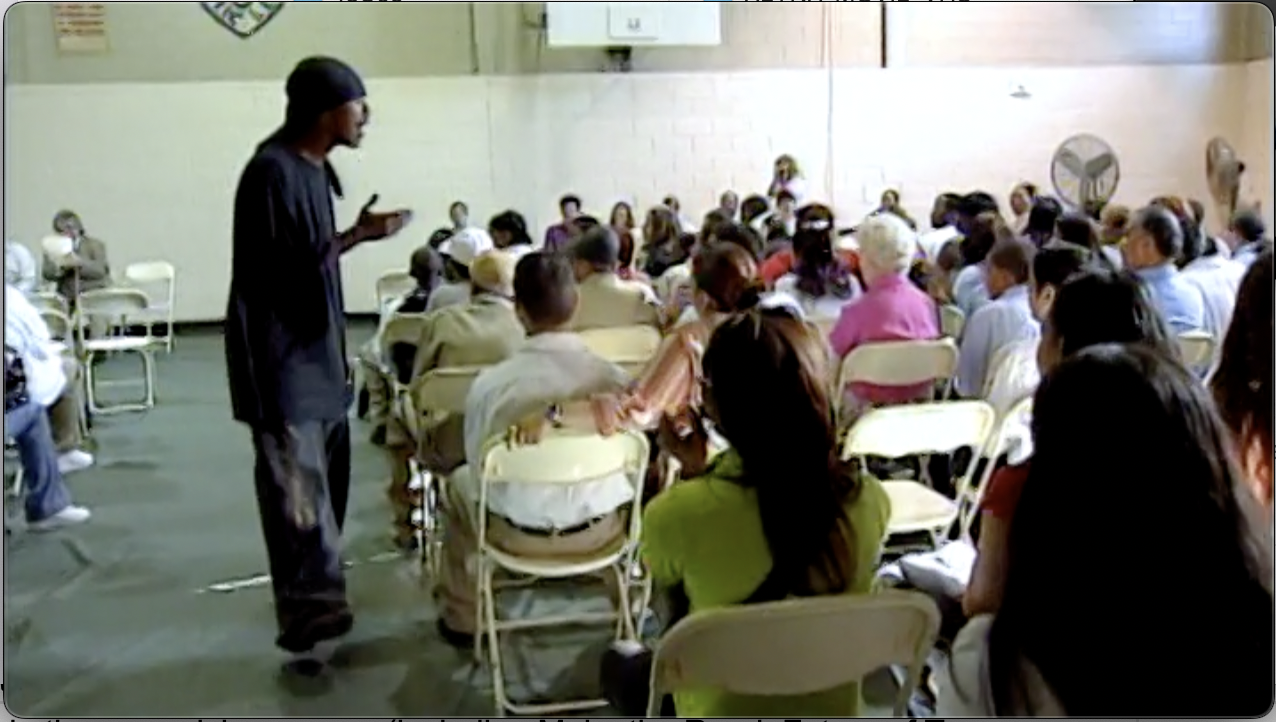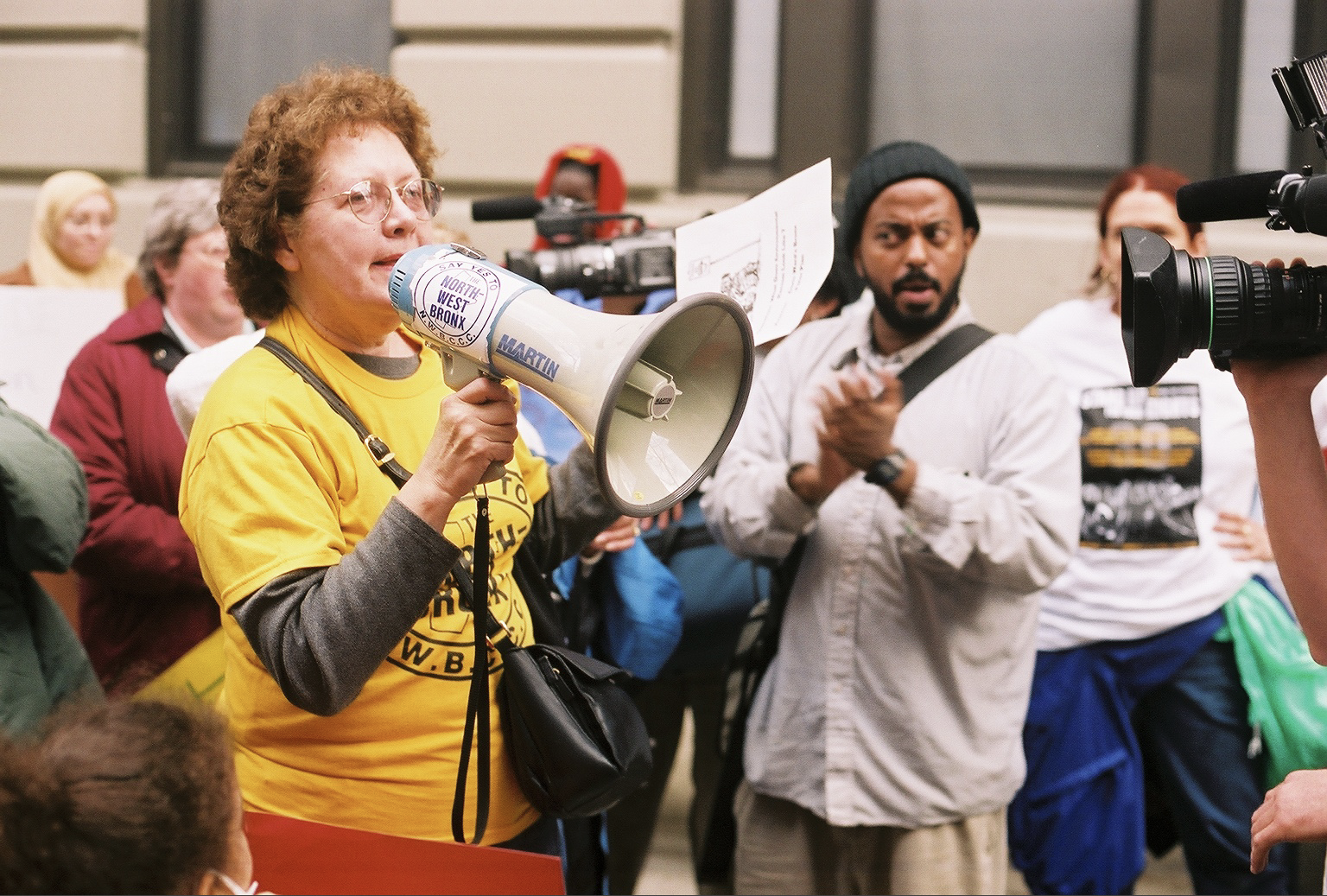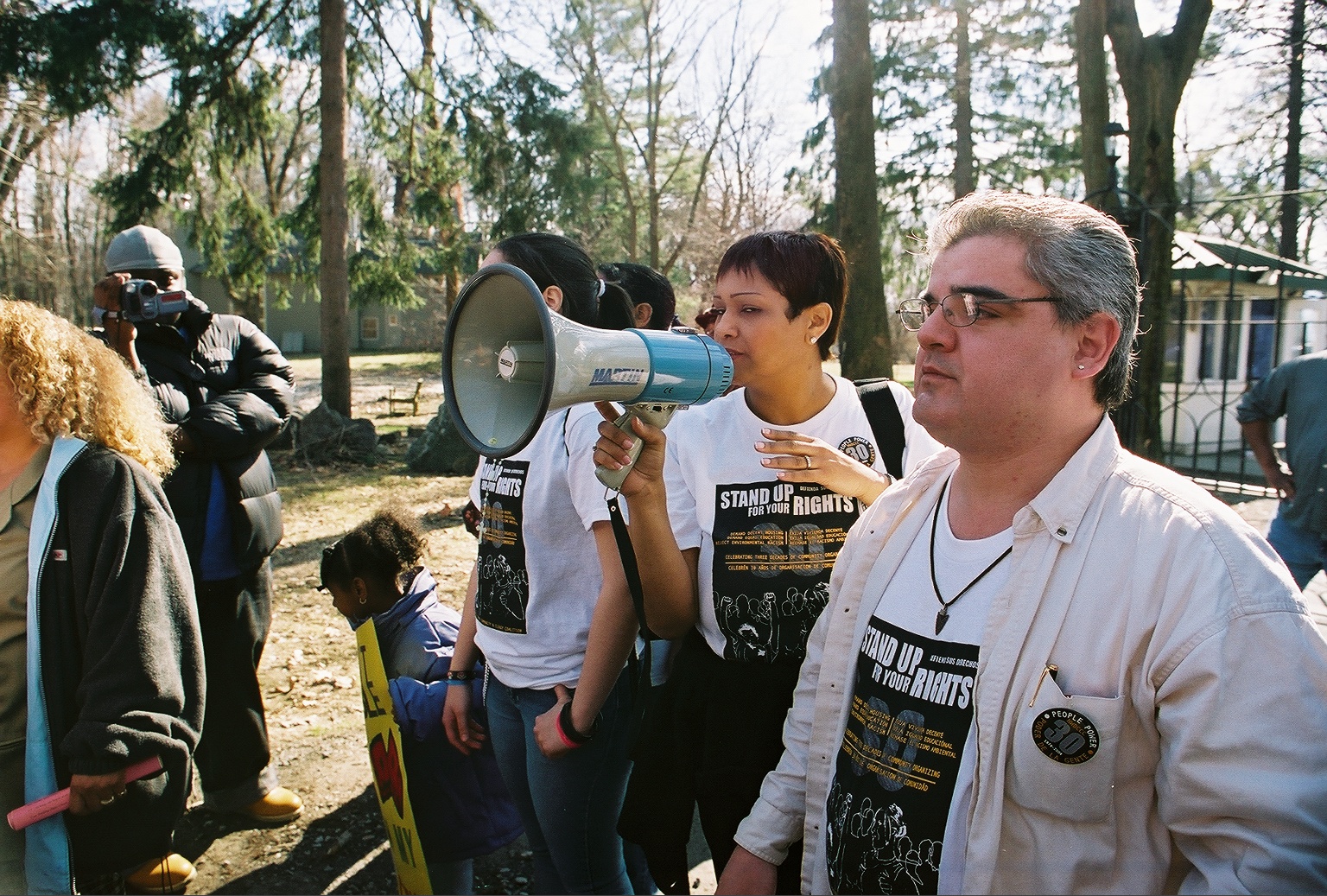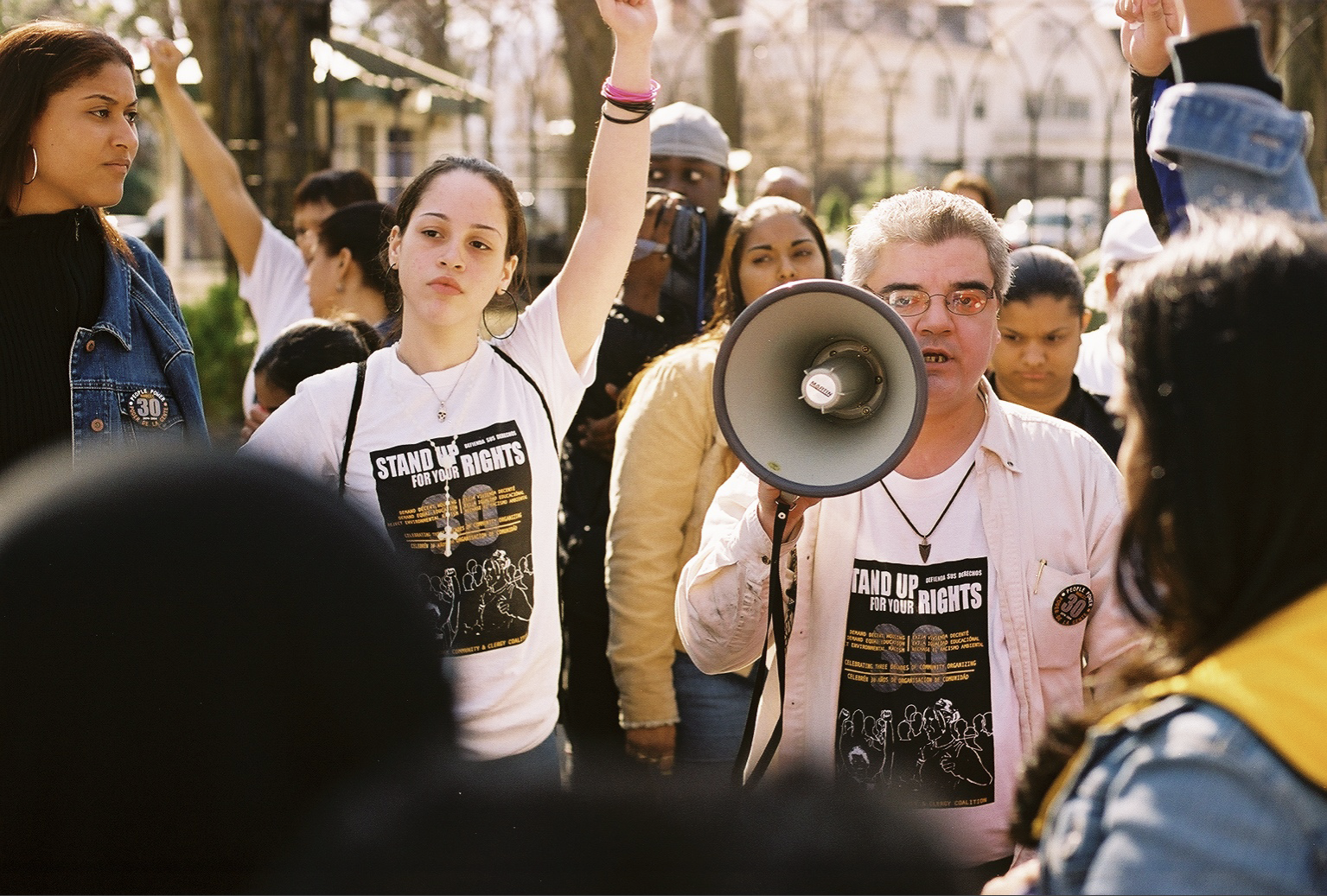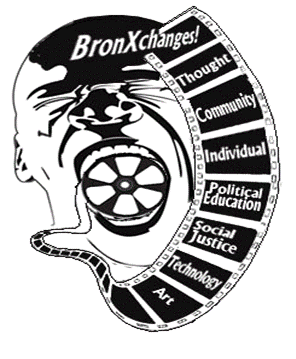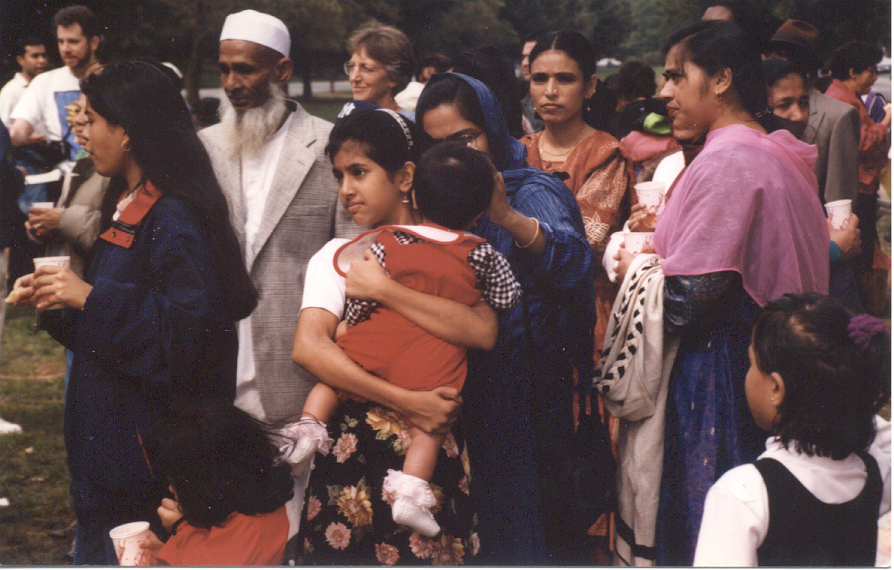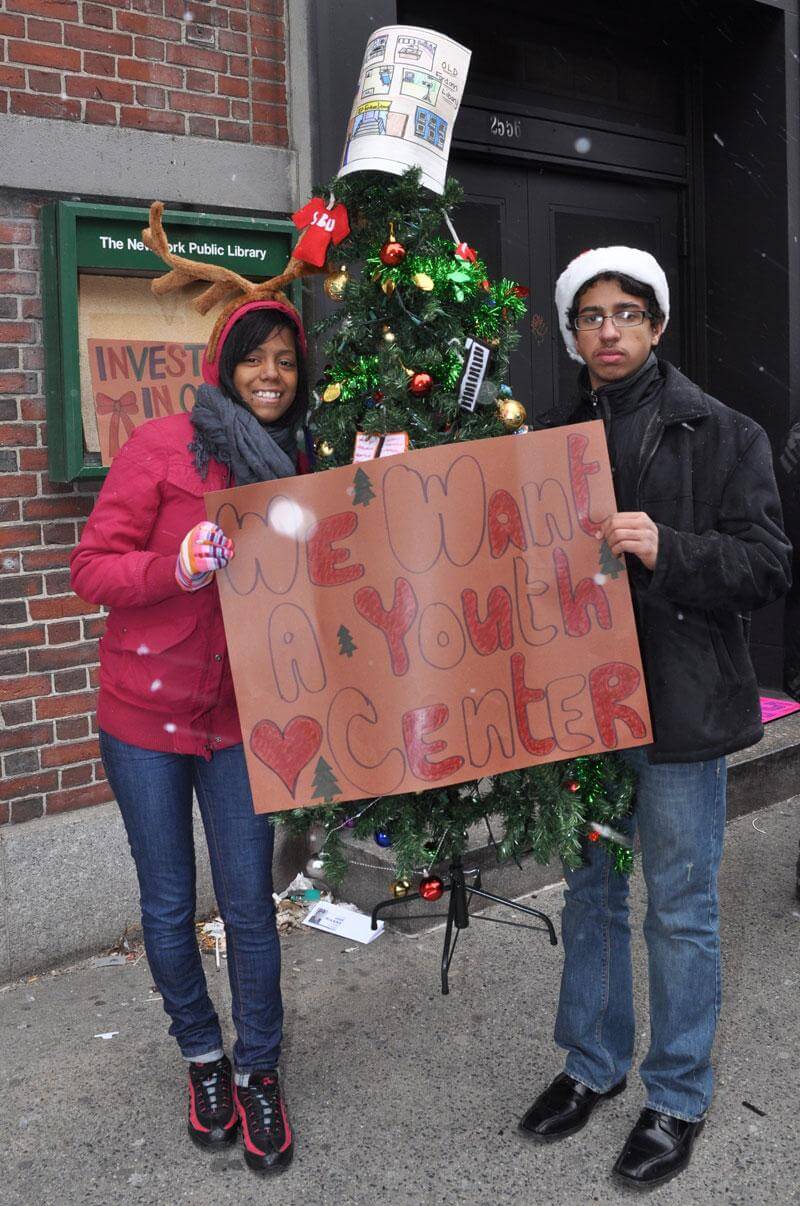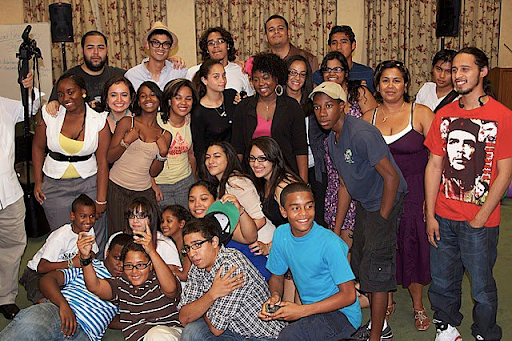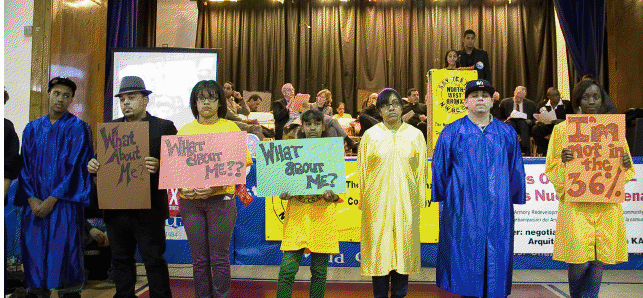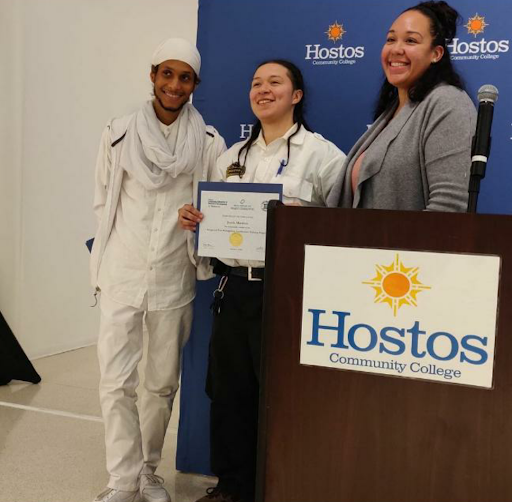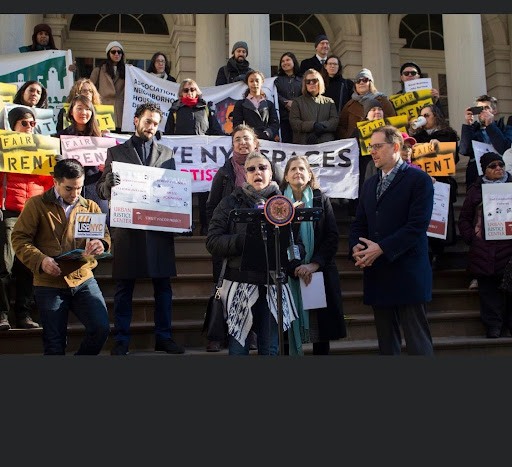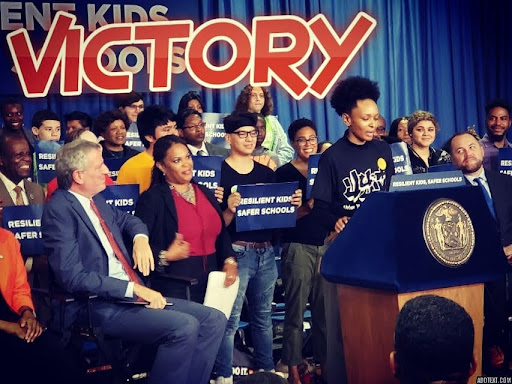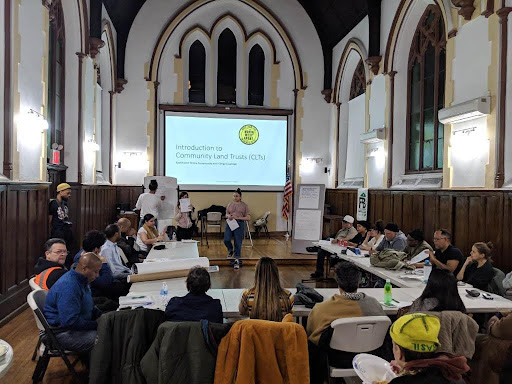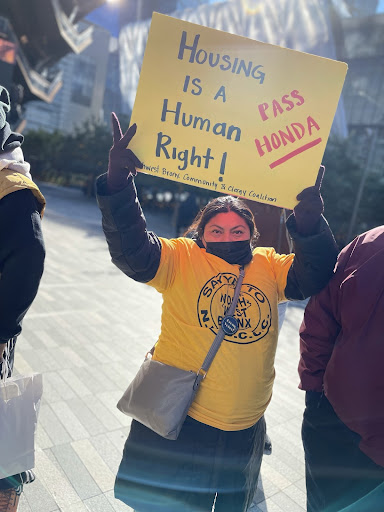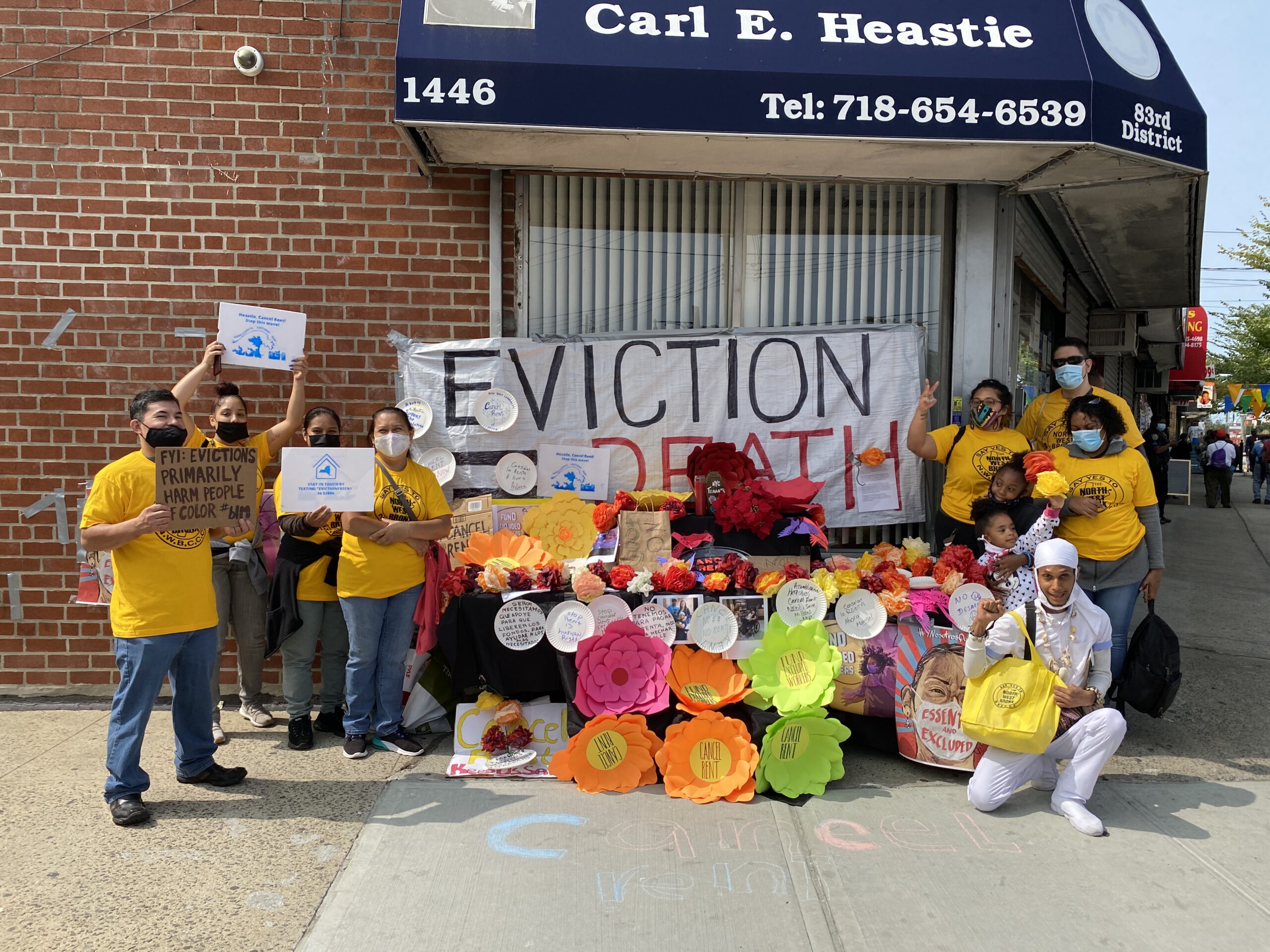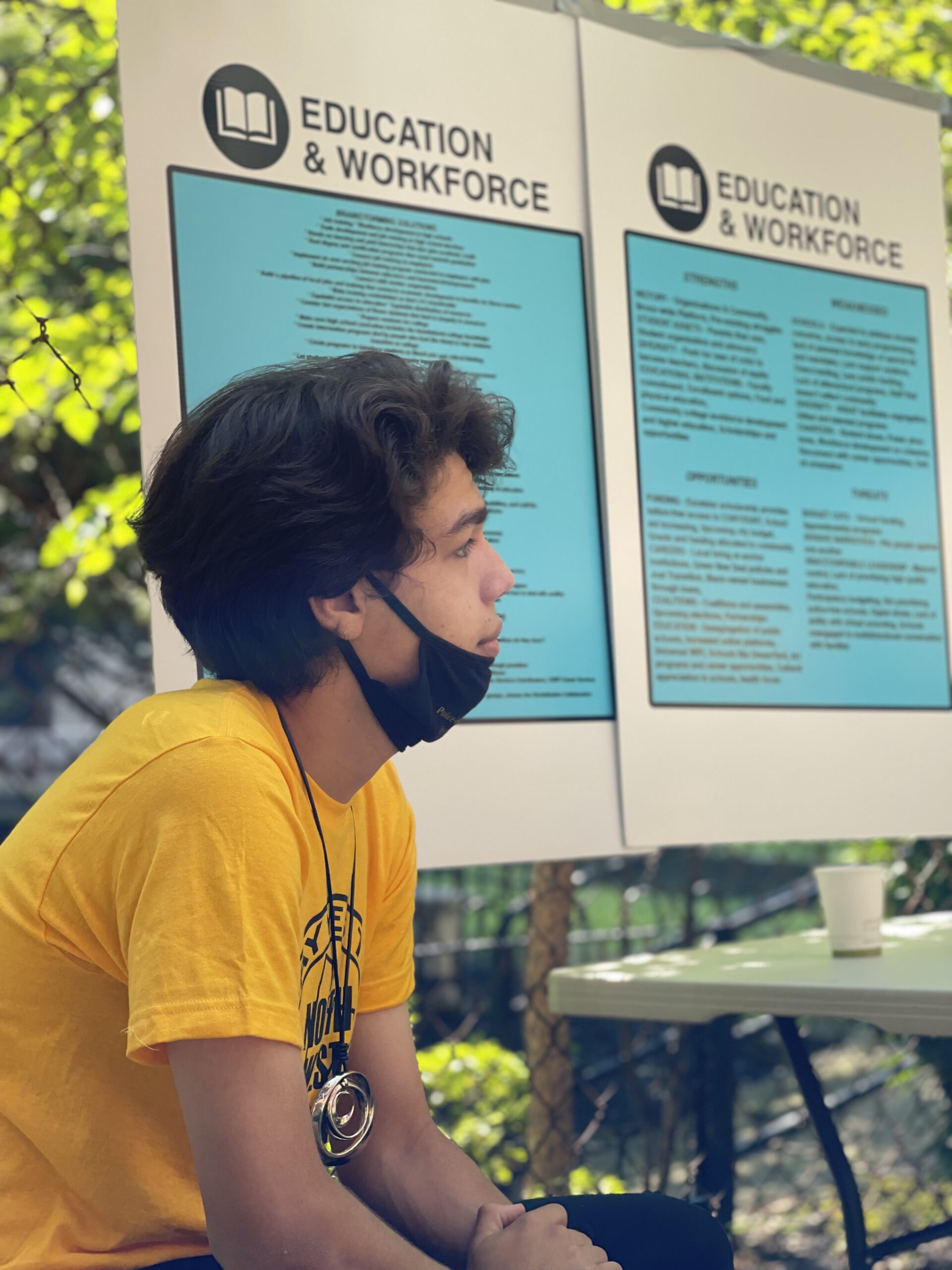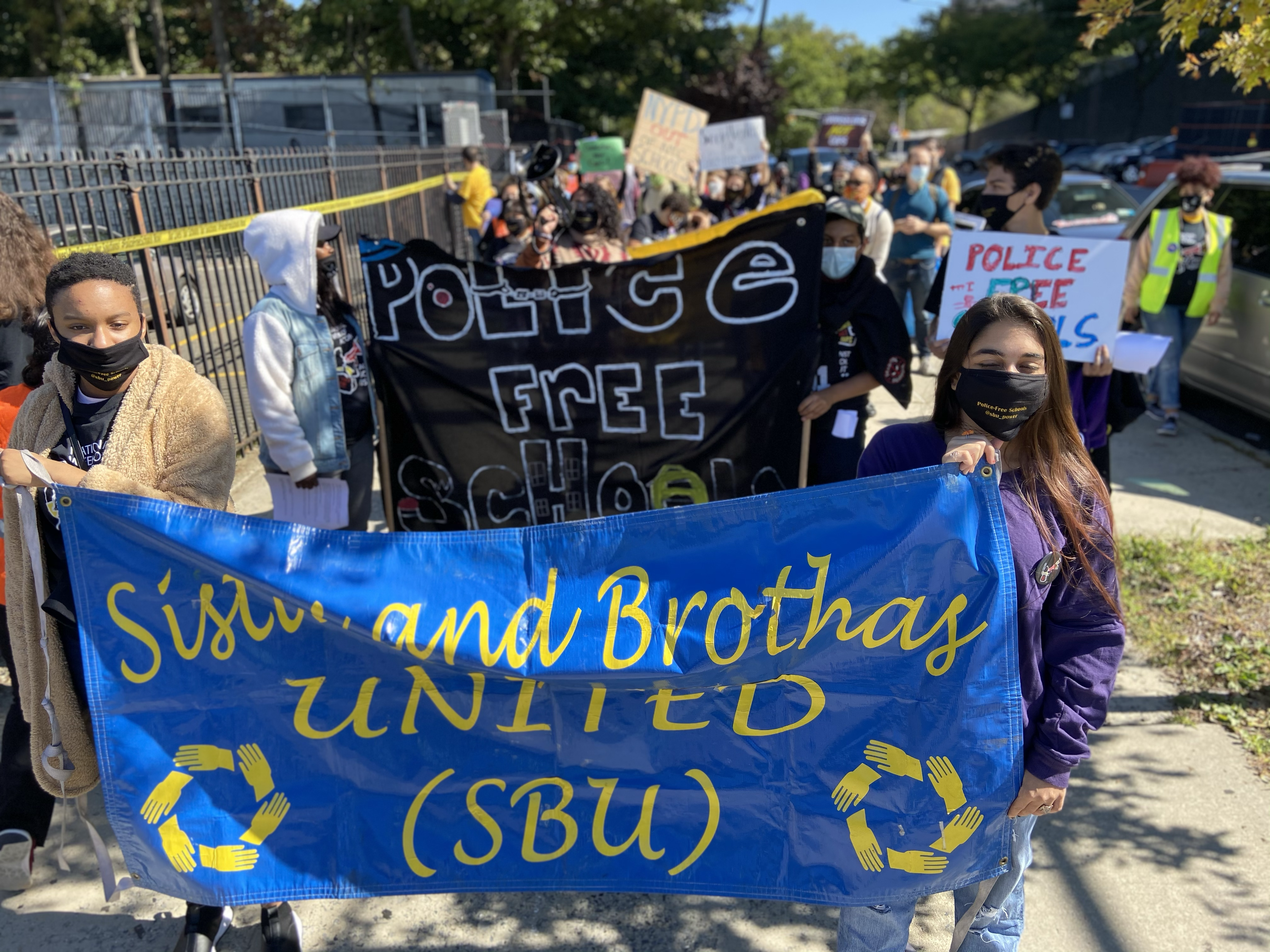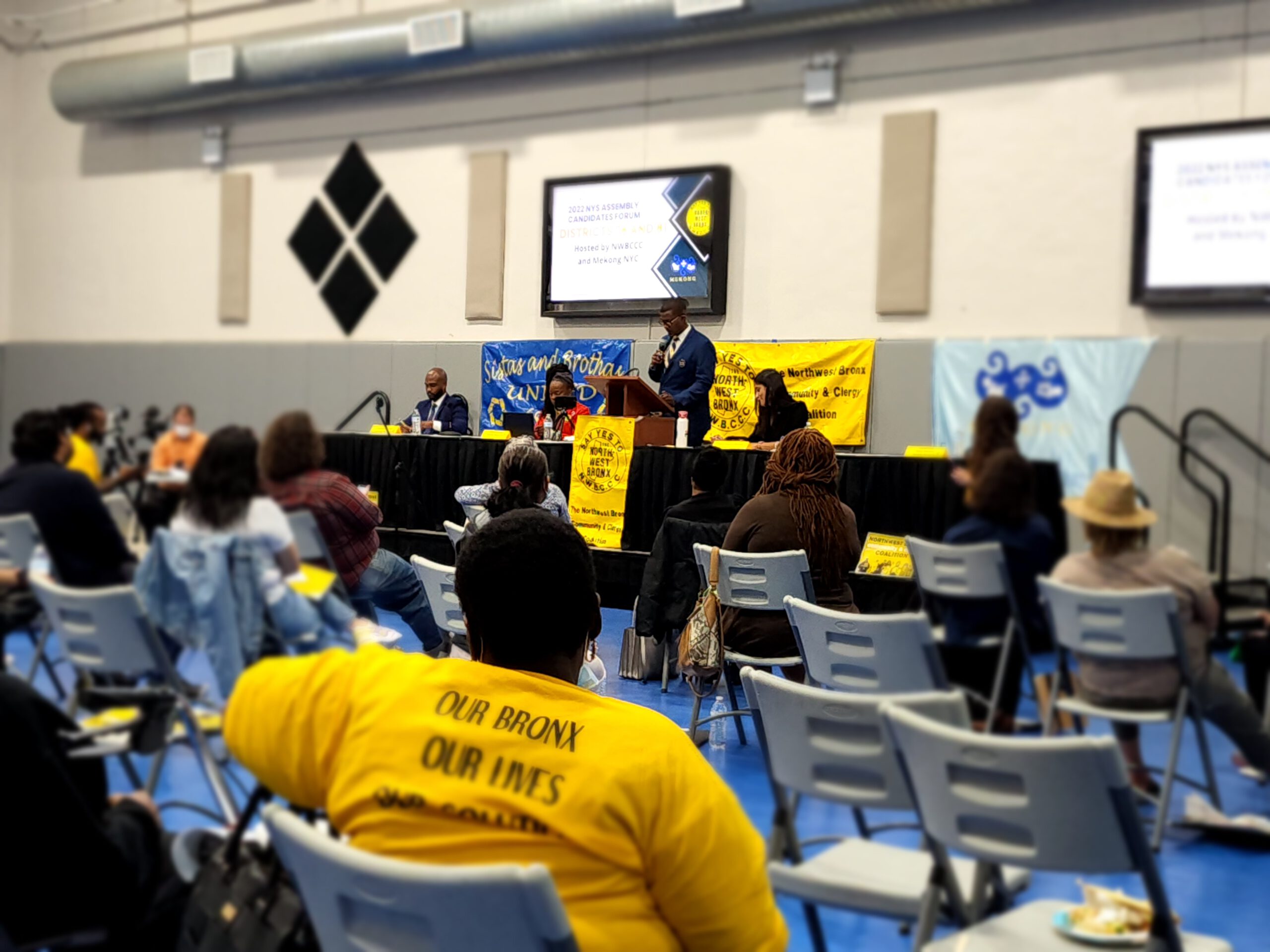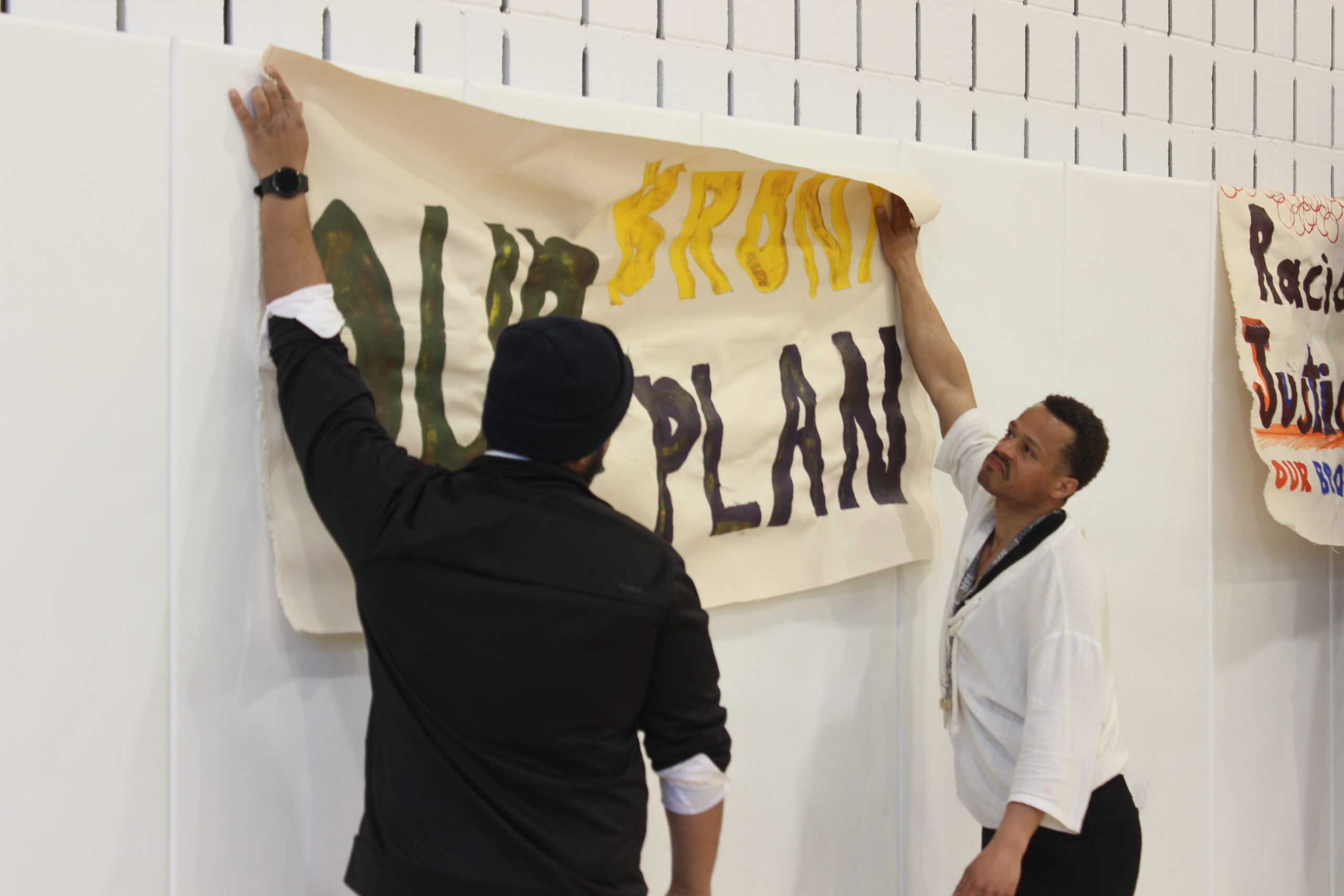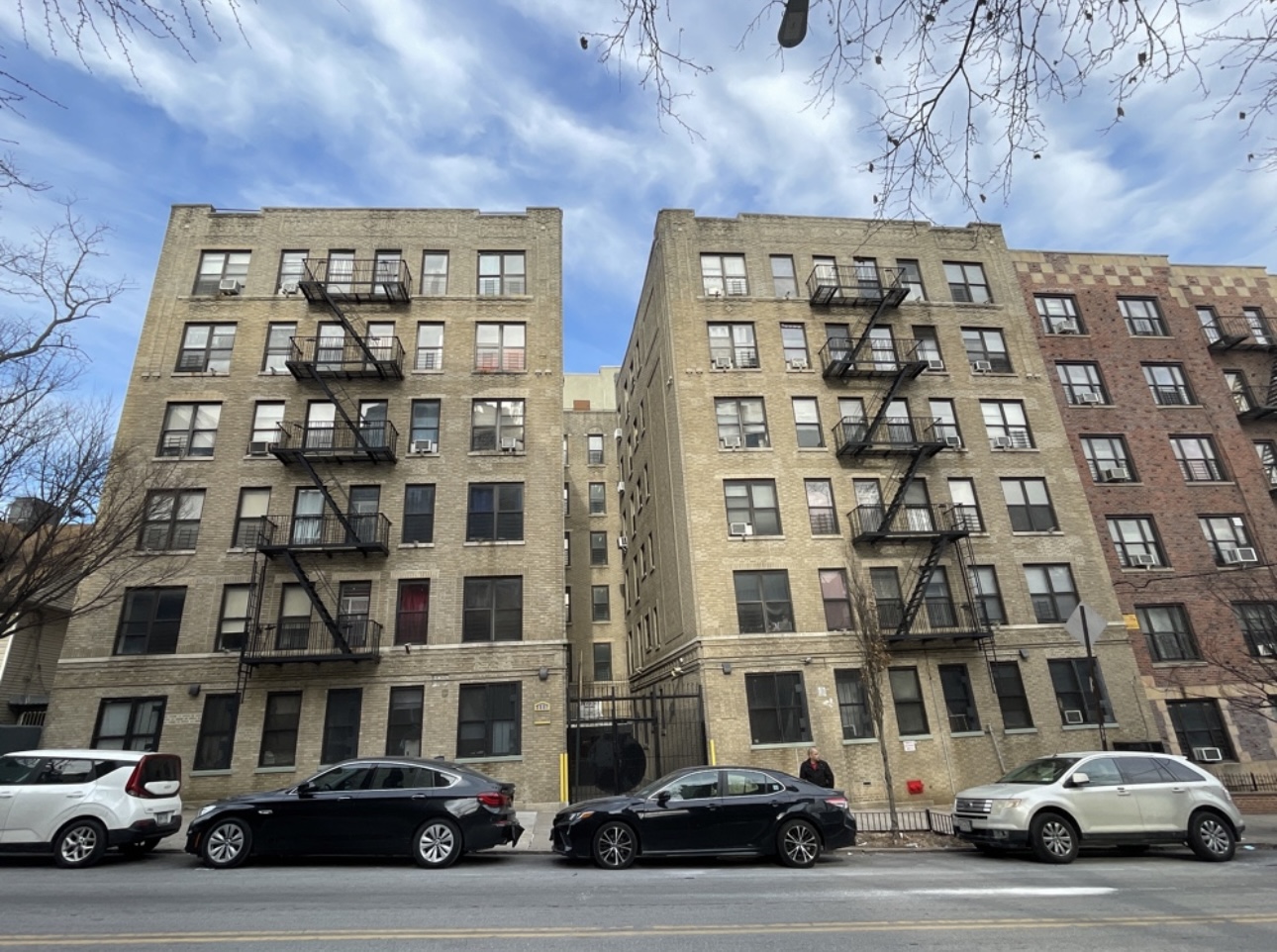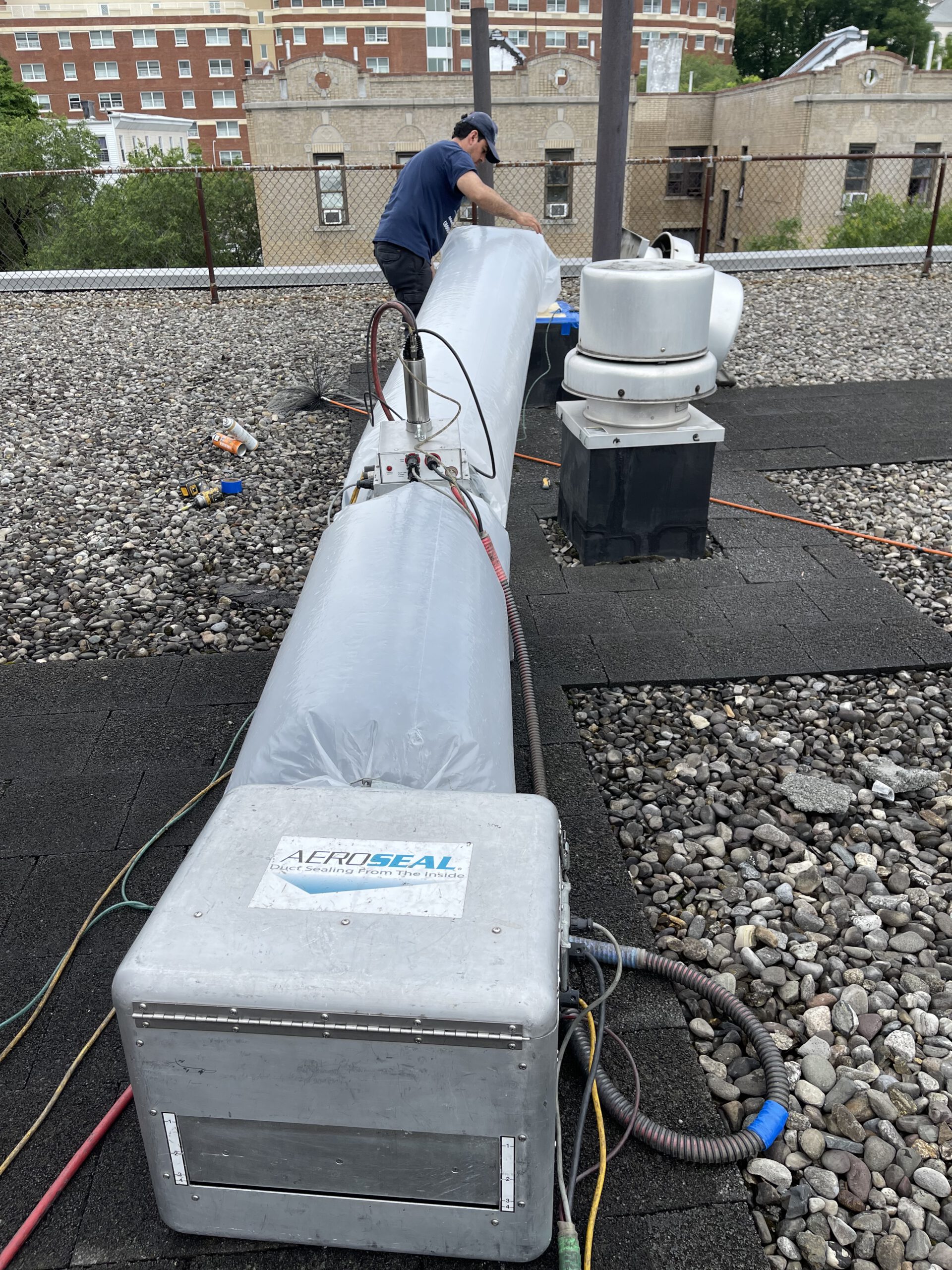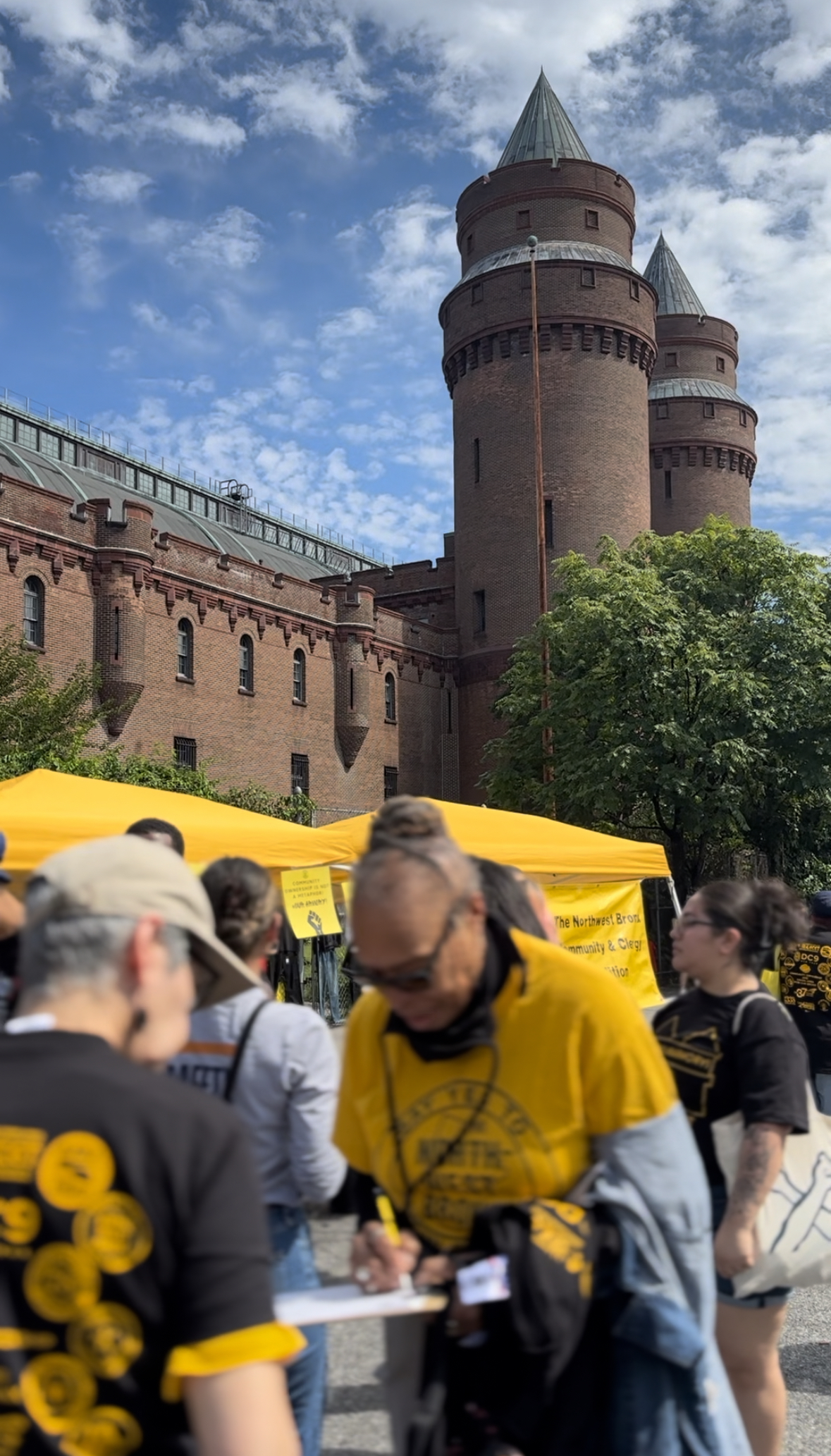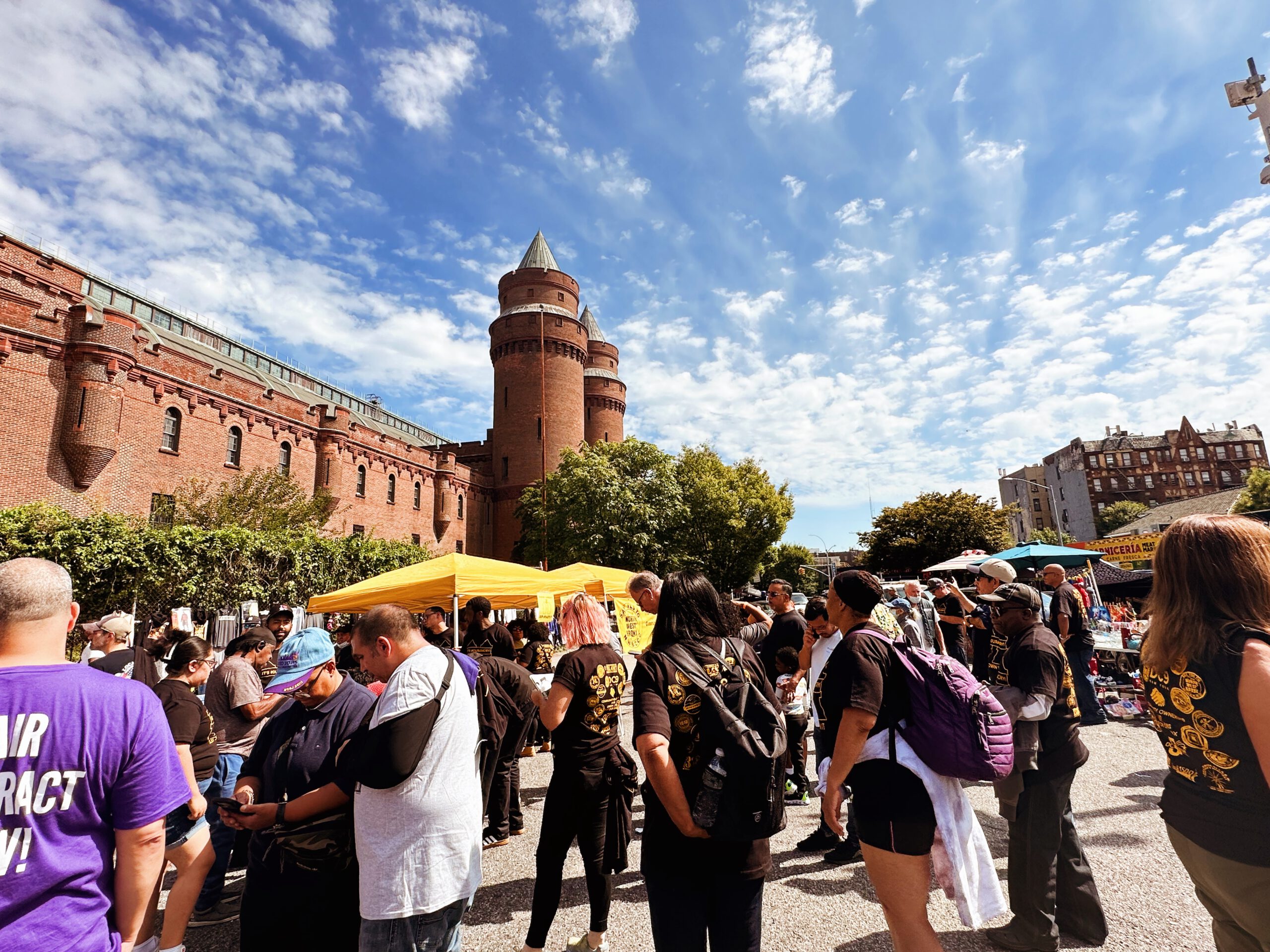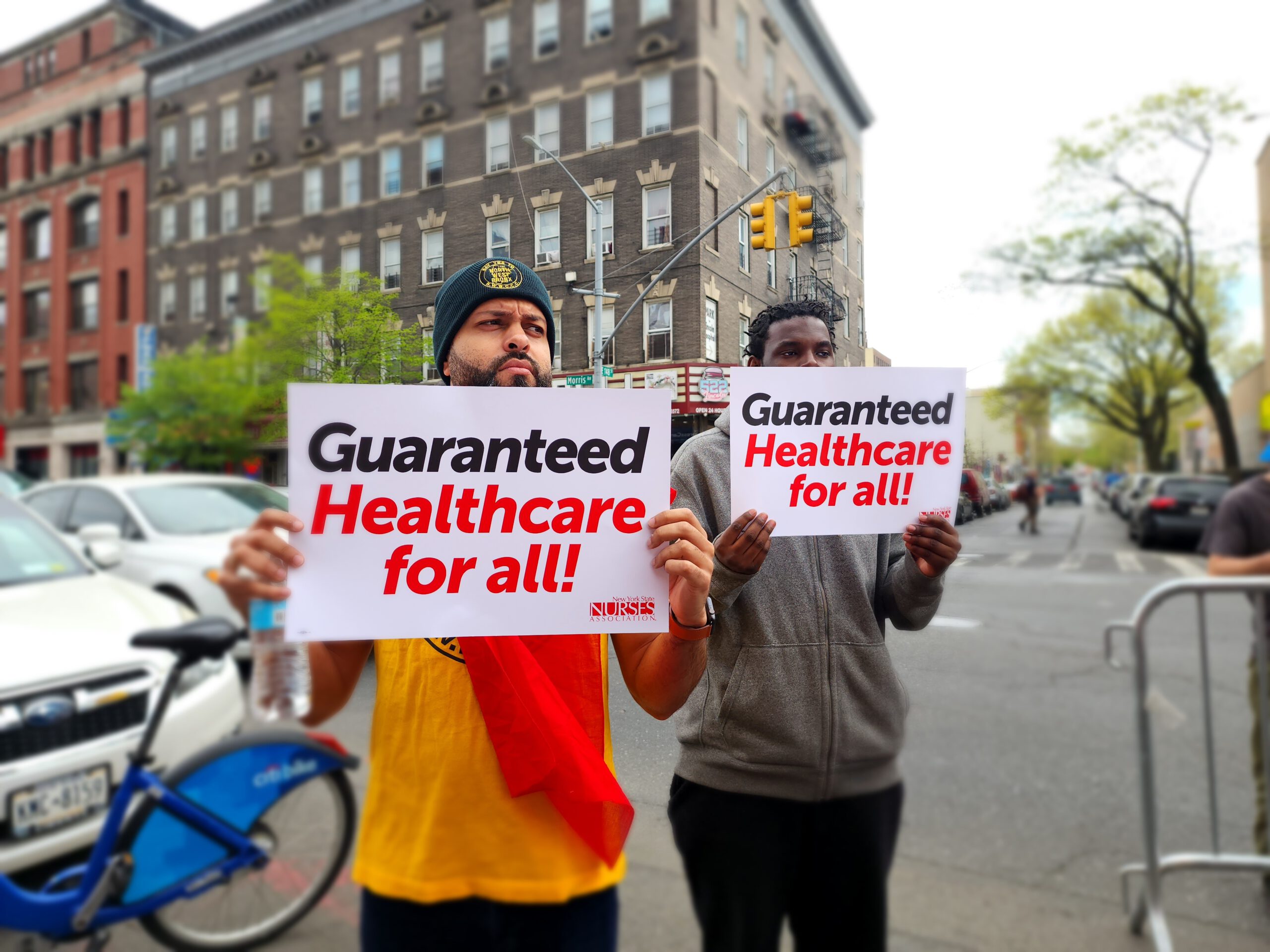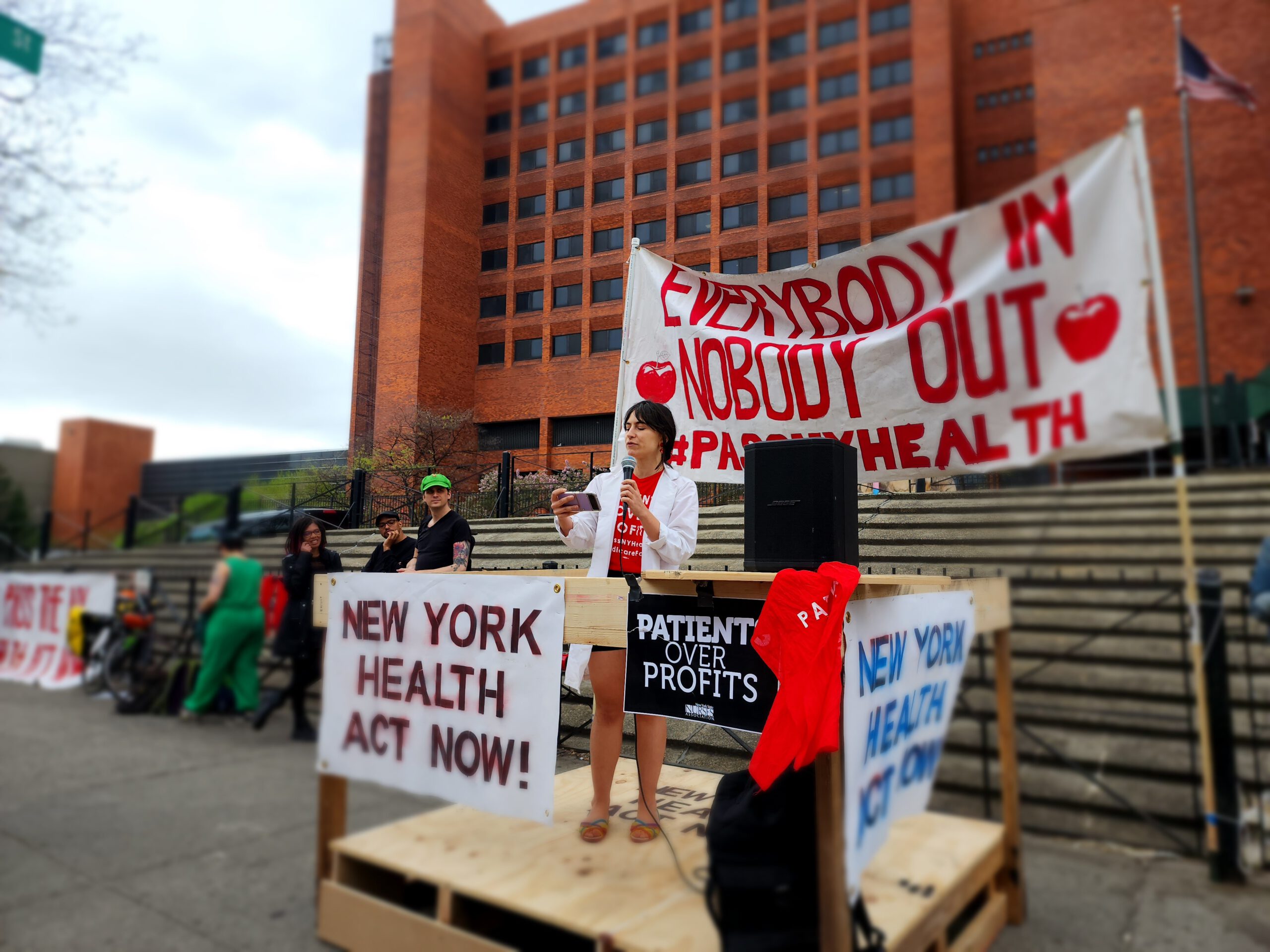KARA tries to leverage the ULURP process and organizes to put pressure on Related Companies to sign a Community Benefits Agreement that reflects the community’s vision and KARA’s principles. KARA mobilized thousands of Bronx residents, brought many Bronx elected officials to the table who had never worked together before, brought a large coalition of labor unions to the table (including RWDSU, Bronx Building Trades, SEIU locals 1199 and 32BJ), and organized countless events, including: prayer vigils, town halls meetings, press conferences, etc.
KARA builds a relationship with the new Bronx Borough President Ruben Diaz, Jr. and he agrees to leverage his power in the ULURP process to bring Related Companies to the negotiation table. The Bronx Overall Economic Development Corporation agrees to host the meetings as KARA, the sitting councilmember, Assemblyman Jose Rivera, and the Borough President meet with Related’s lawyer. The Borough President agrees to stall his recommendation and eventually recommends the City not to approve the project because of Related’s refusal to work with the community.
Community Board 7 and the City Planning Commission both recommend approval of the project.
The project goes before the City Council for approval. KARA leveraged relationships in NYC to organize Council Speaker Quinn and the others to vote against the project. We submit over 2,000 prayer cards to the City Council, and hold “Blueprint for the Bronx,” a rally and public meeting with over 1,200 people, calling for the community’s vision. Thanks to KARA’s incessant mobilization, the City Council votes the project down—the first time one of Mayor Bloomberg’s projects gets shut down.
Mayor Bloomberg vetoes the City Council’s decision and the vote goes back to the City Council. The City Council votes against the development once more. Mayor Bloomberg threatens that as long as he’s mayor, the Armory will never be redeveloped.
After so many years of fighting for the City to do something, mobilizing against the project was a hard decision for KARA. However, we knew we didn’t want a poverty-wage center in our community and that if a developer wanted to get millions of dollars in subsidies for their project, they had to give back to the community.
The following year, KARA formed the NYC Living Wage Coalition in order to fight for city legislation that would require developers who receive public subsidies to pay a living wage to their workers.




















